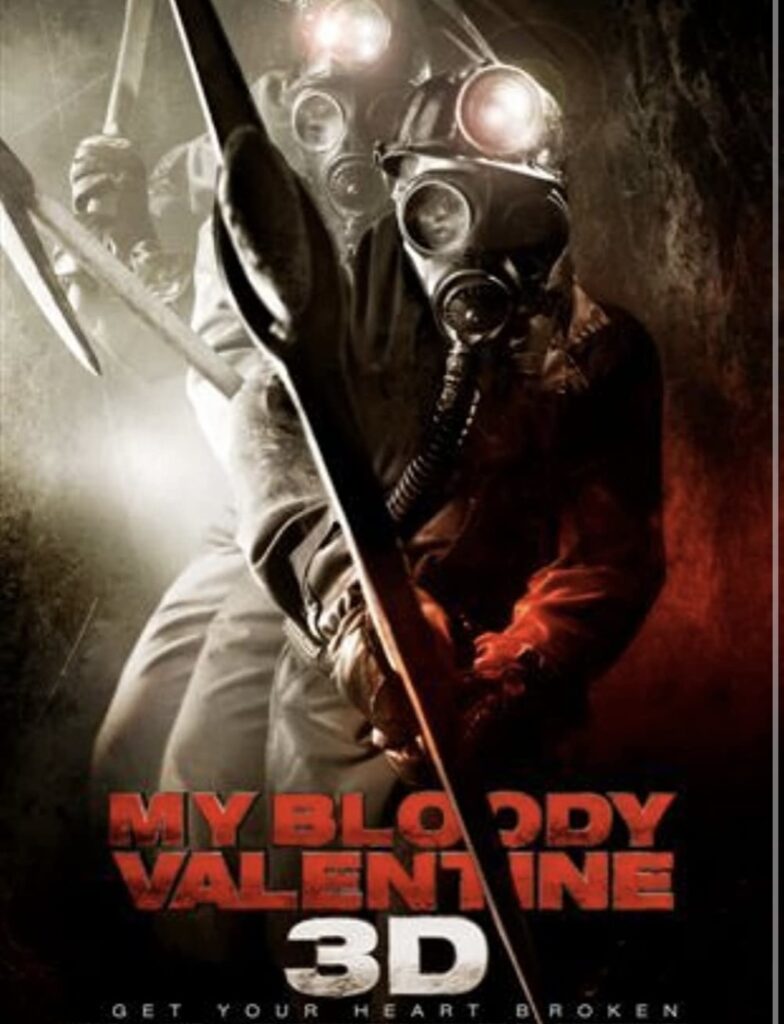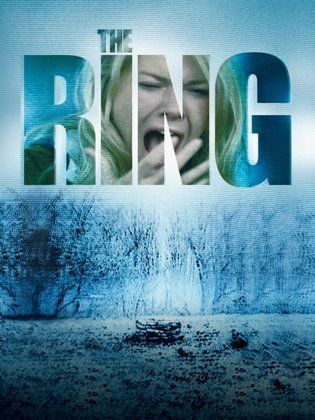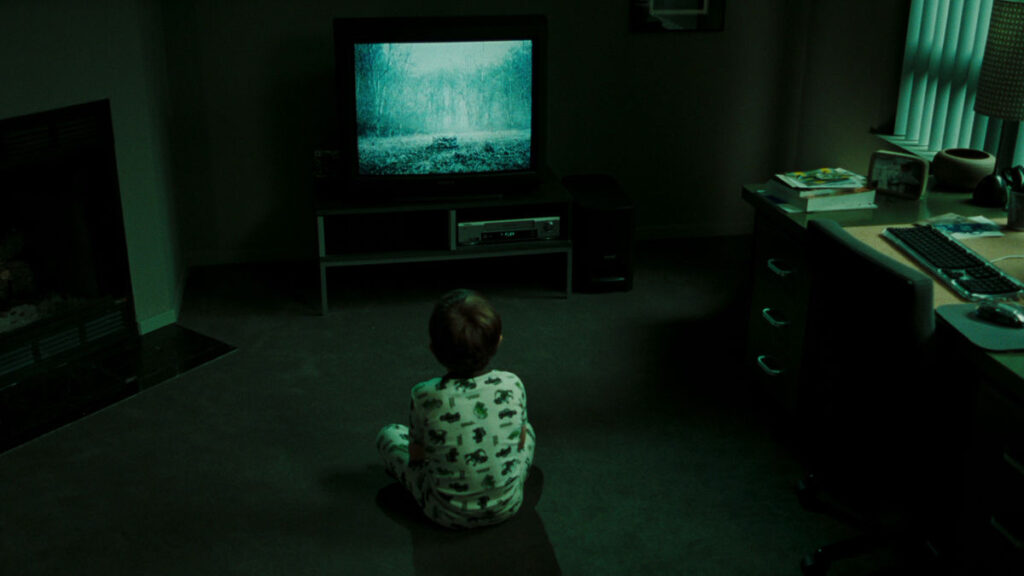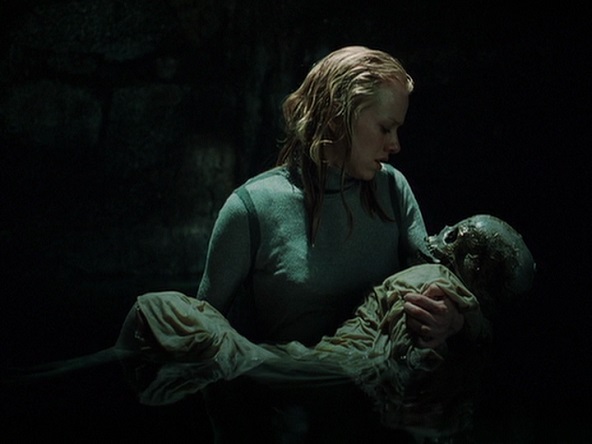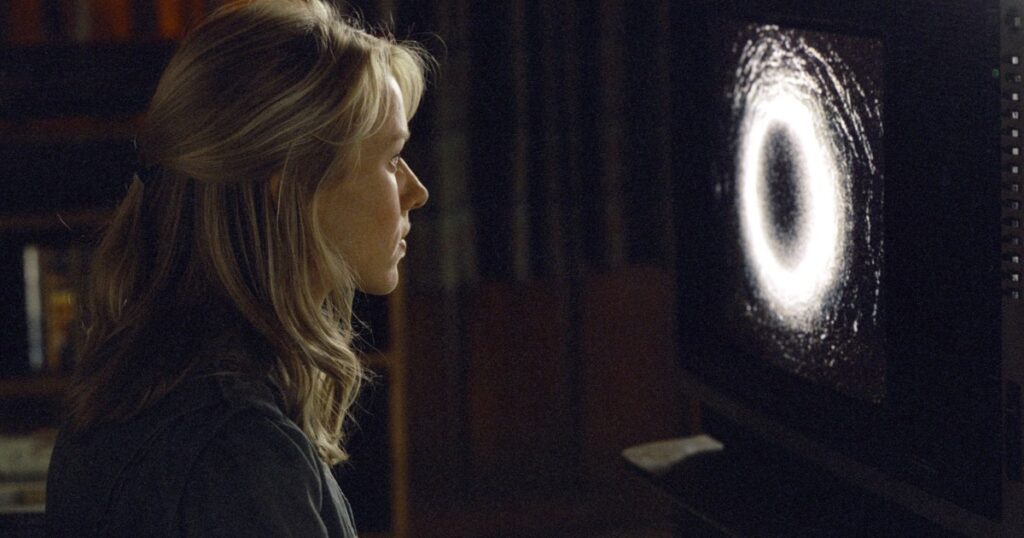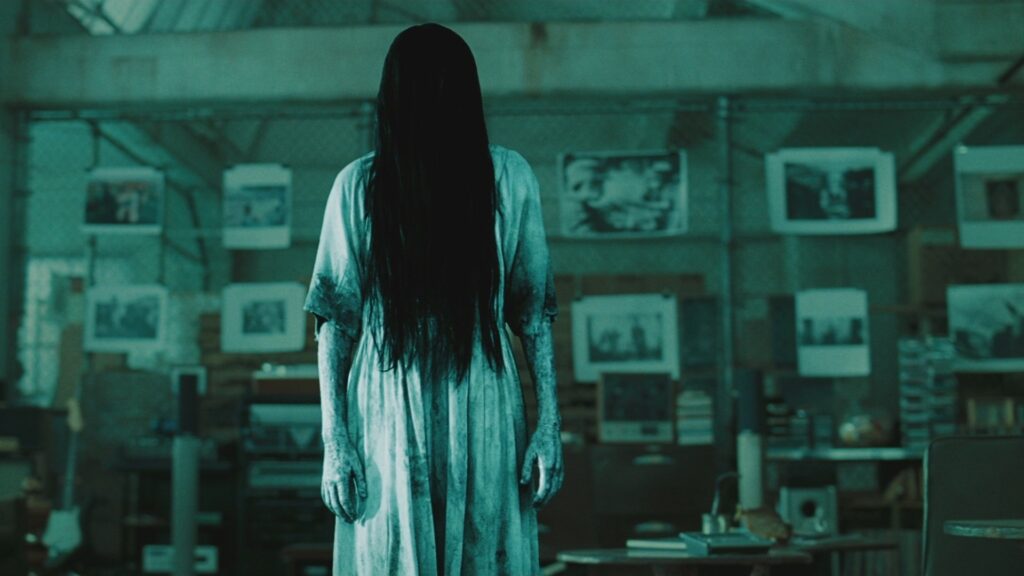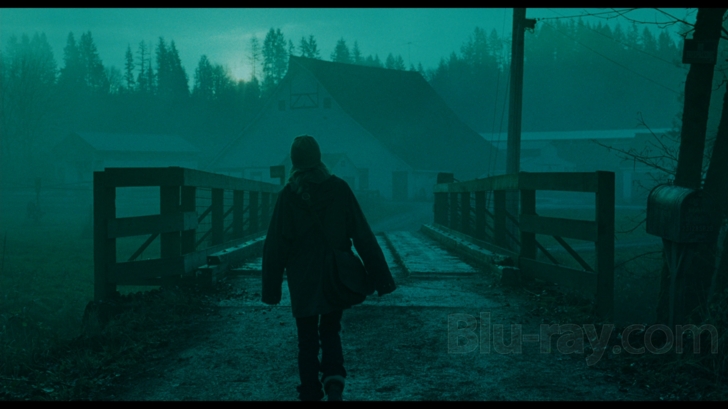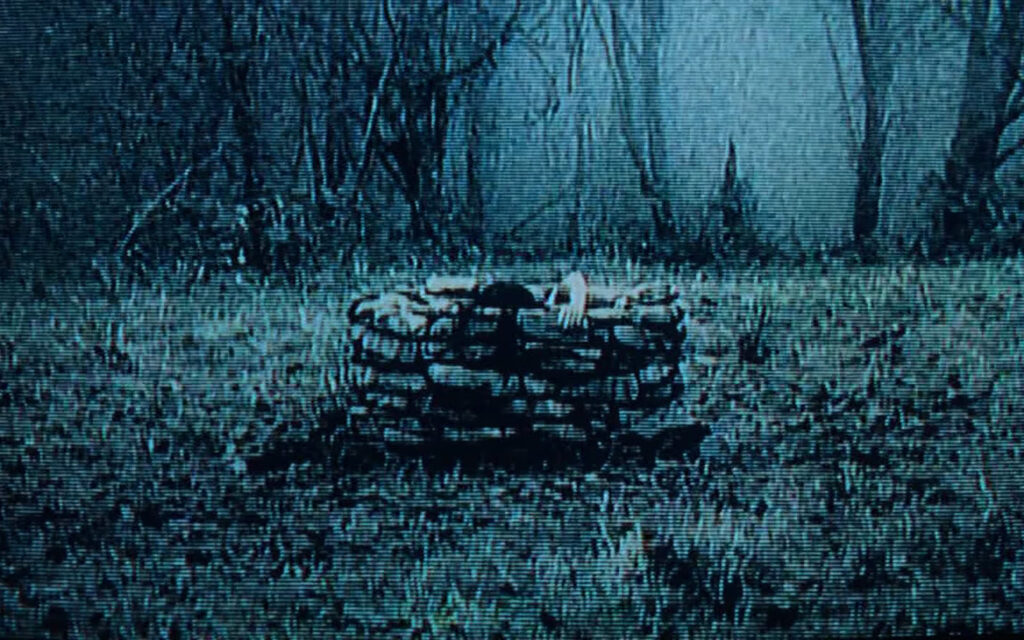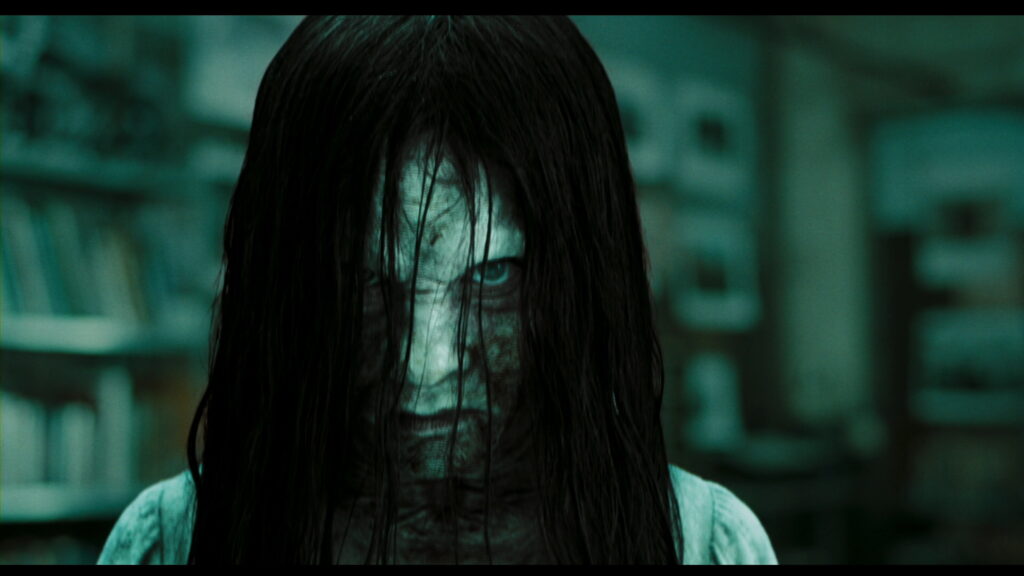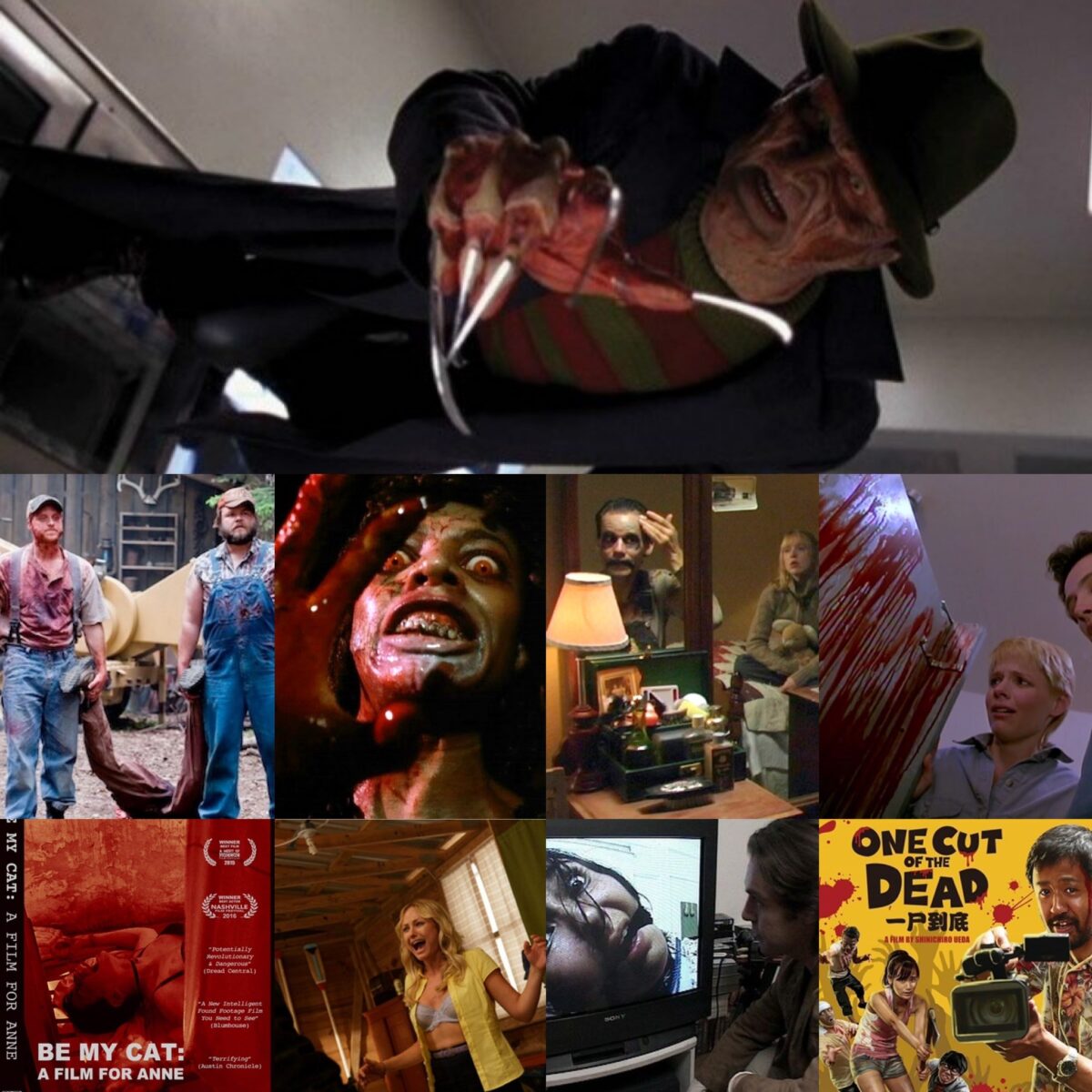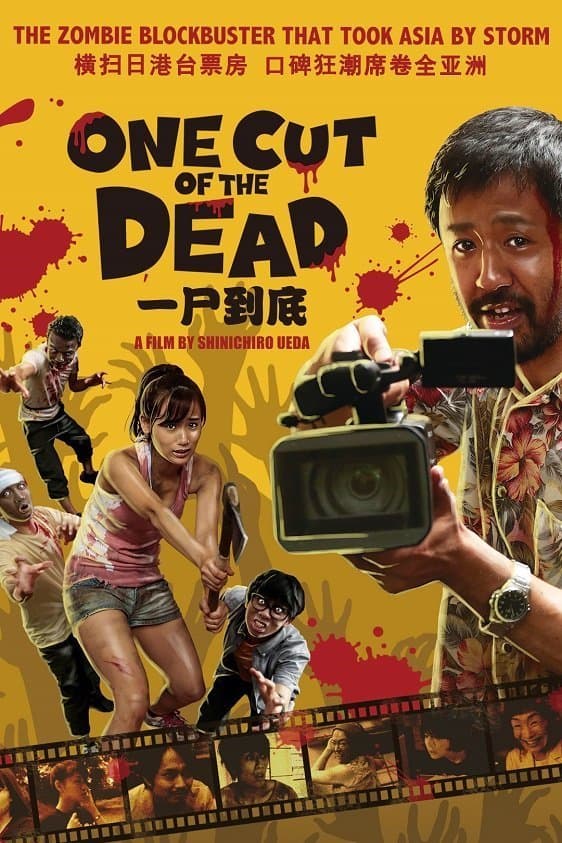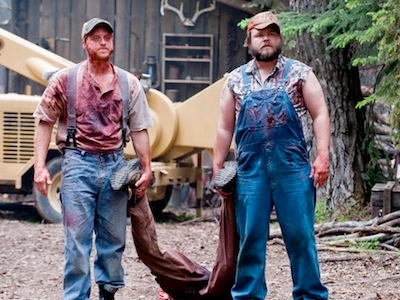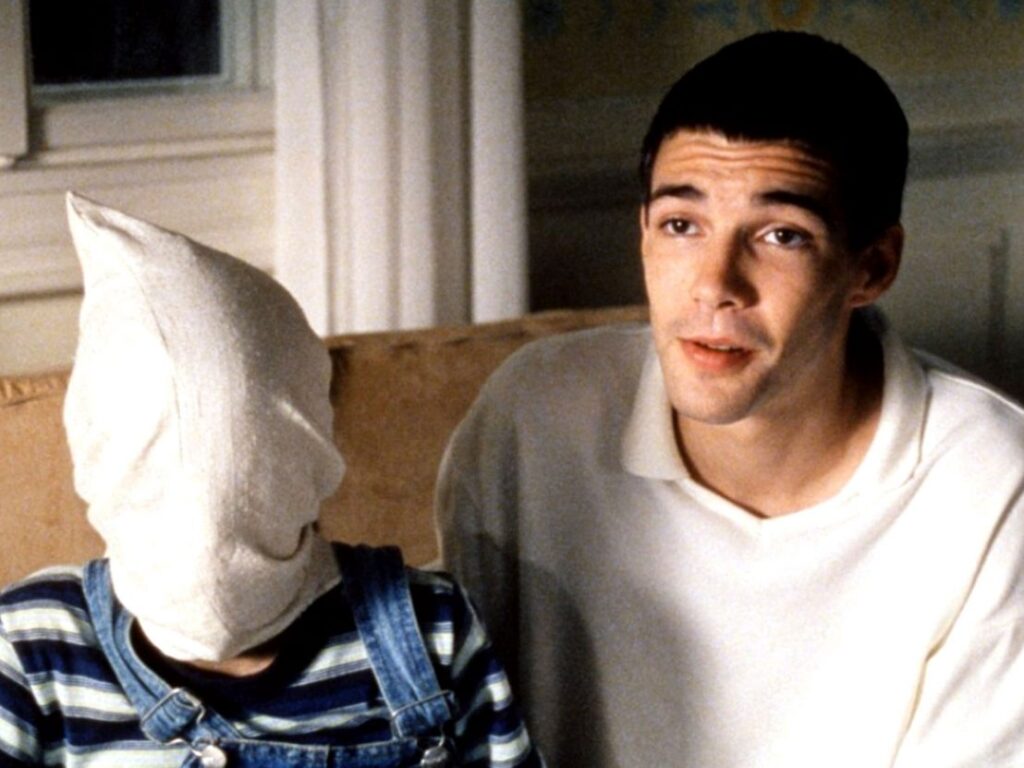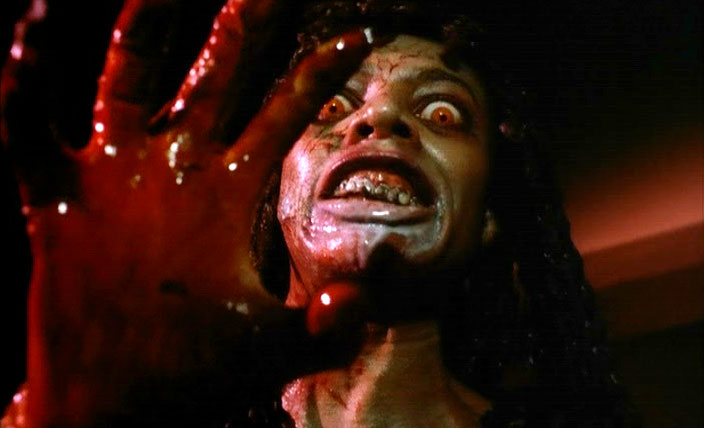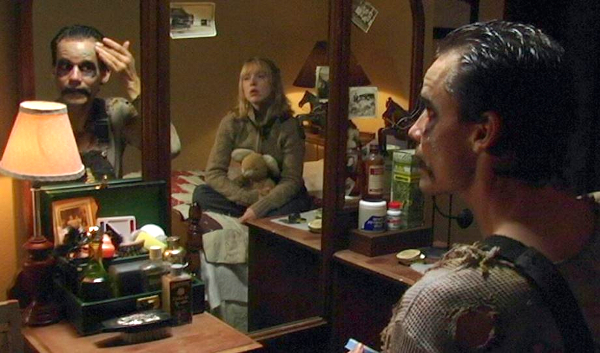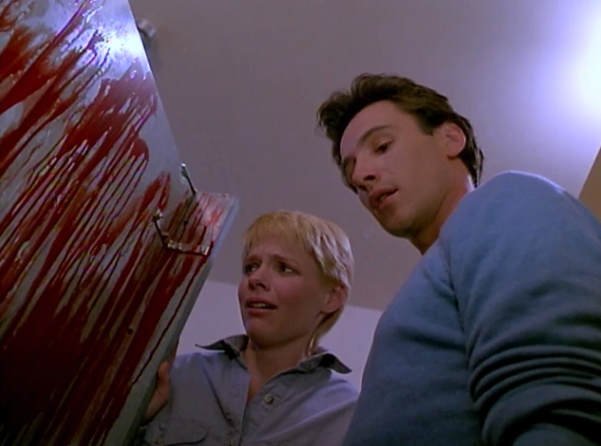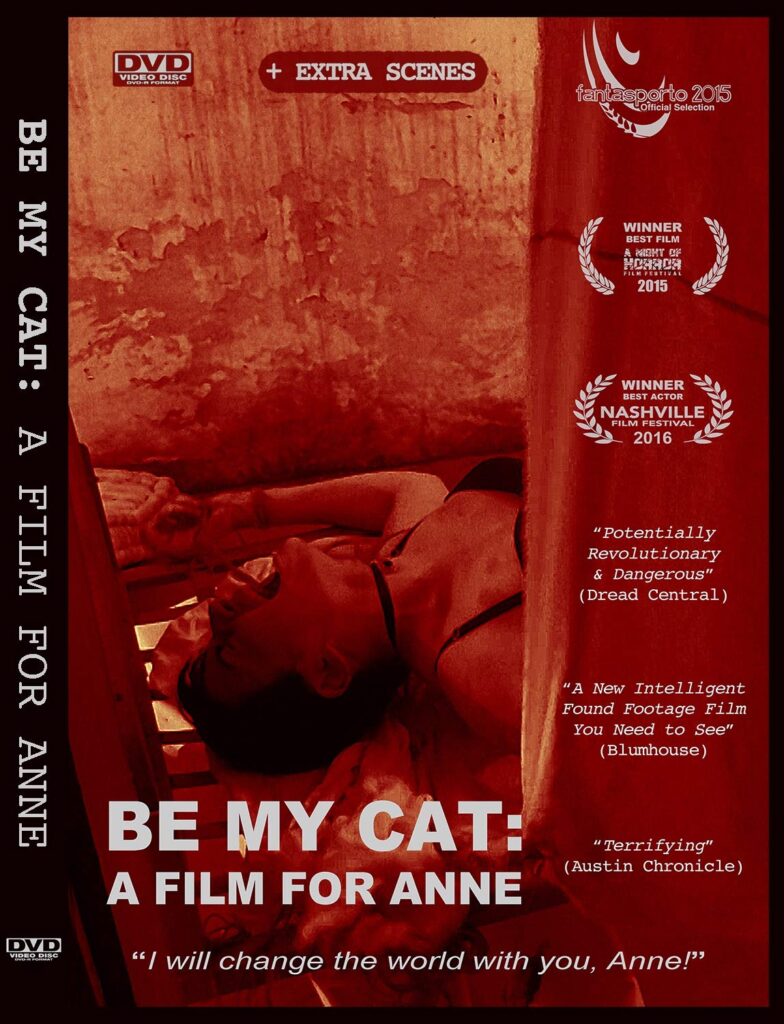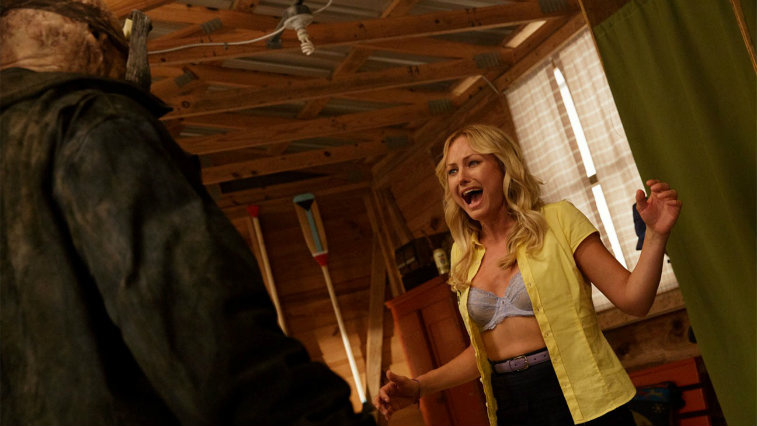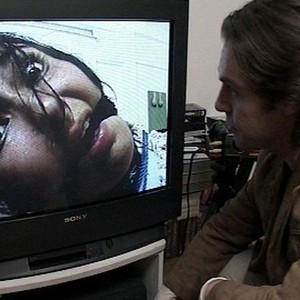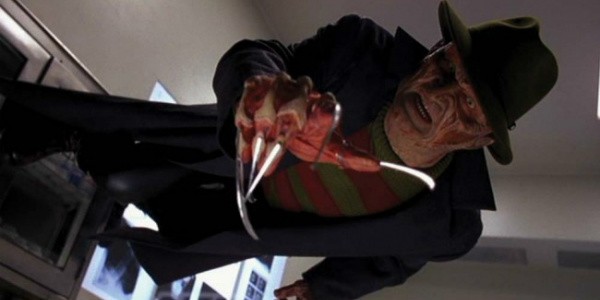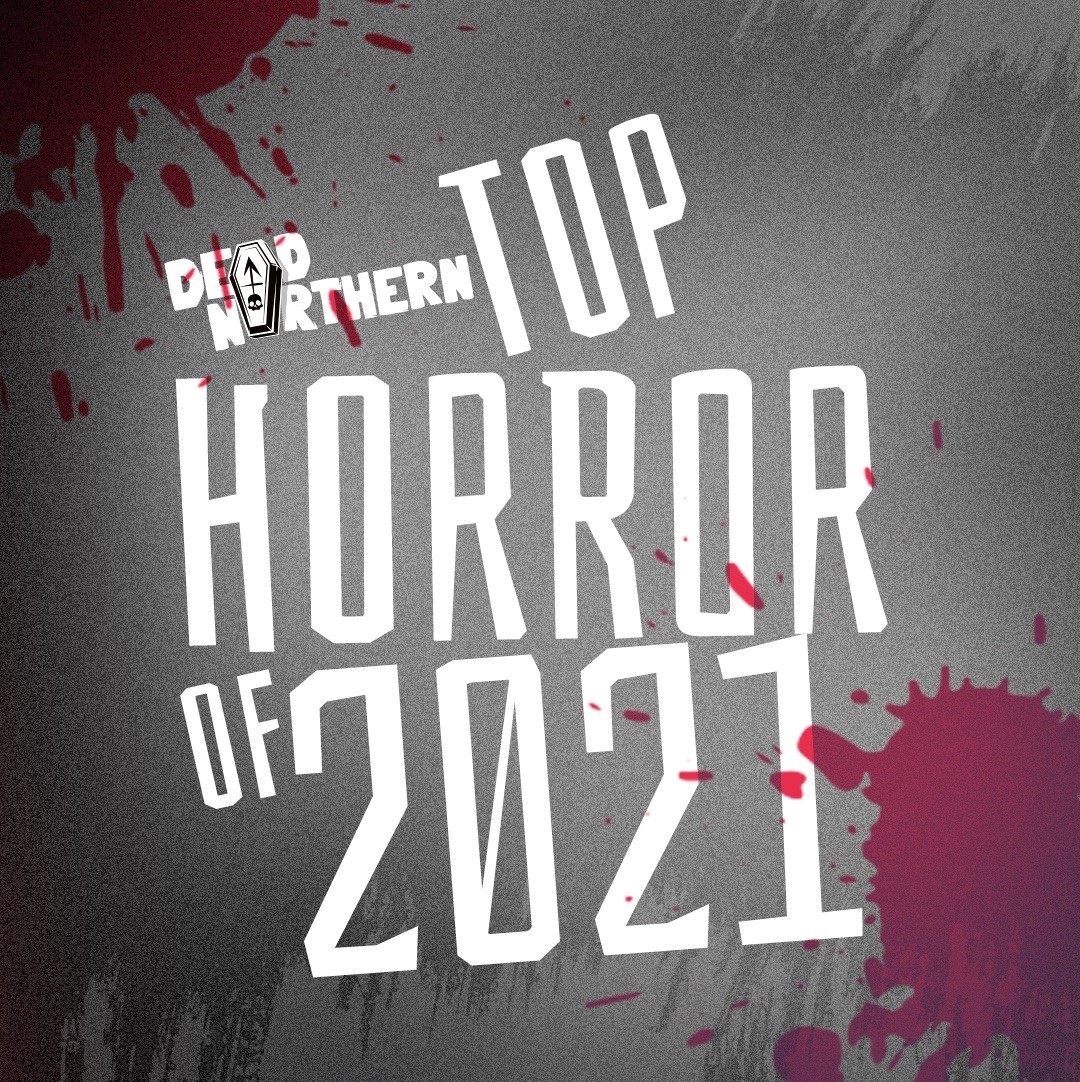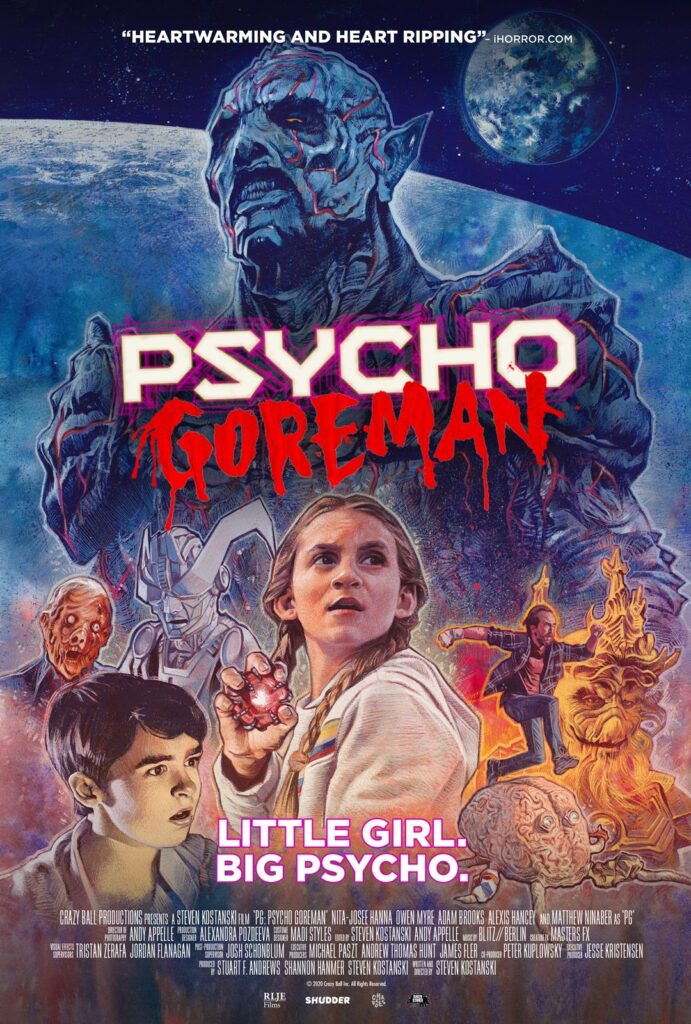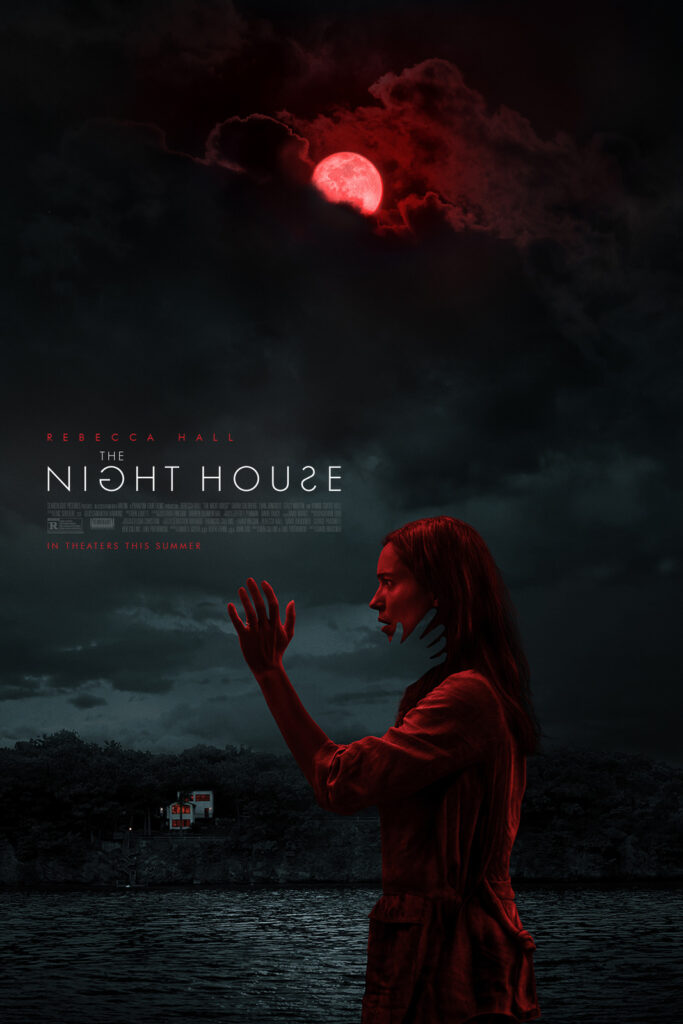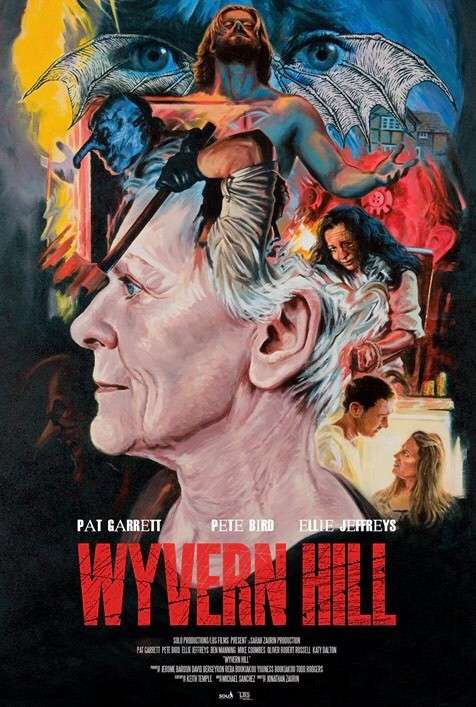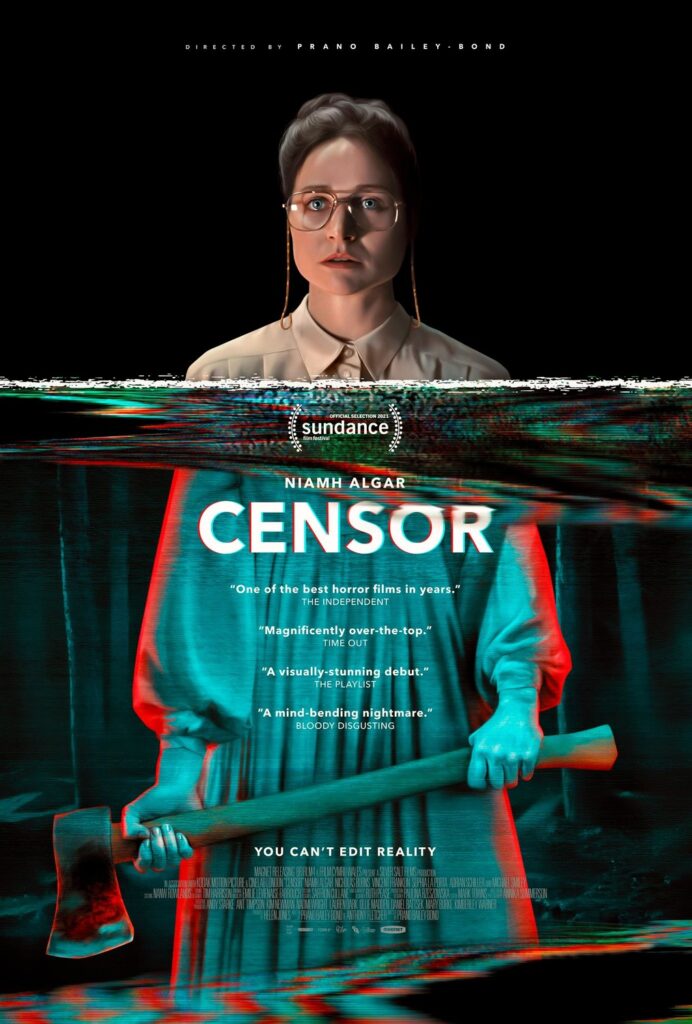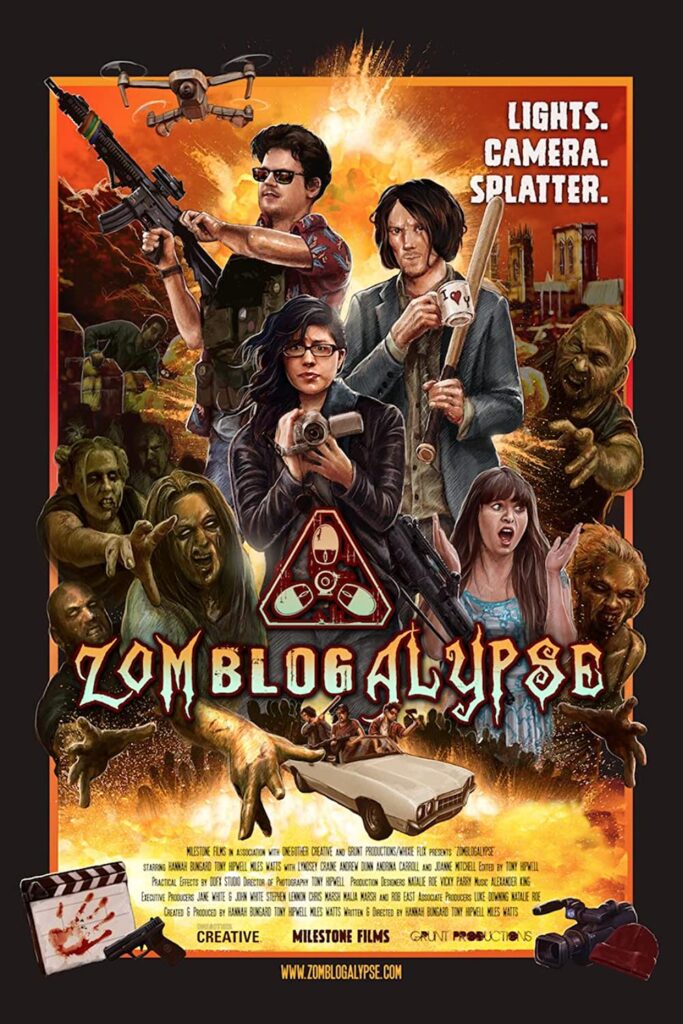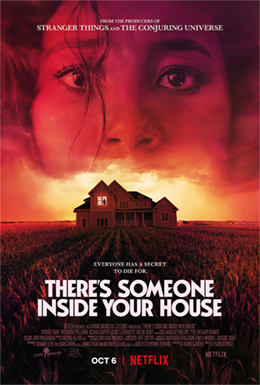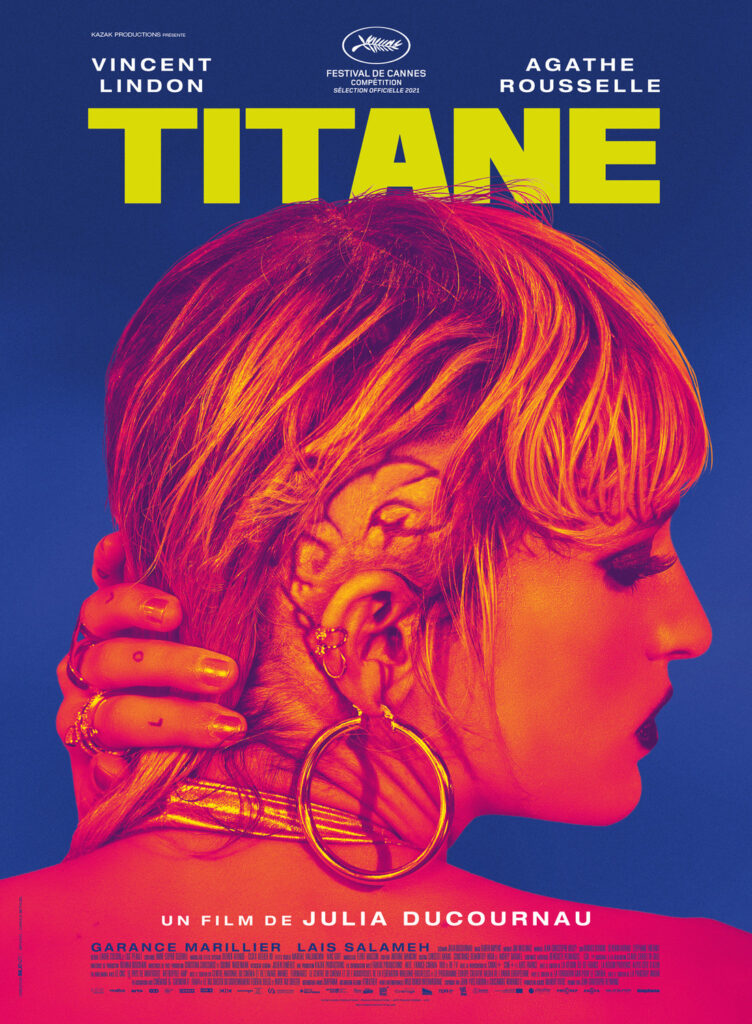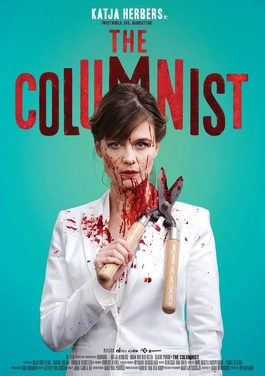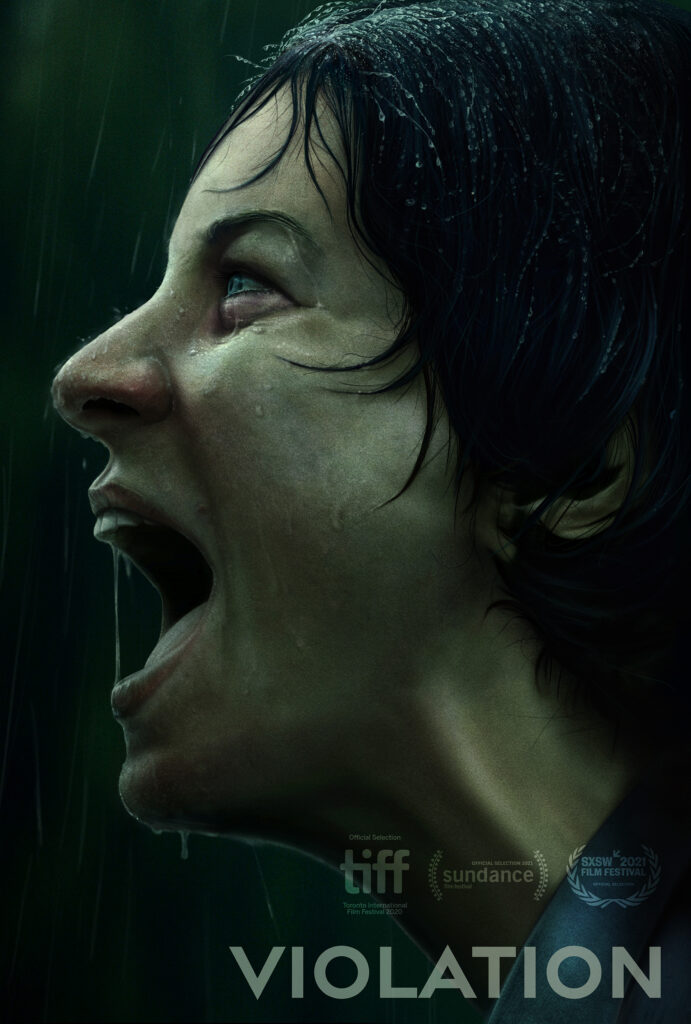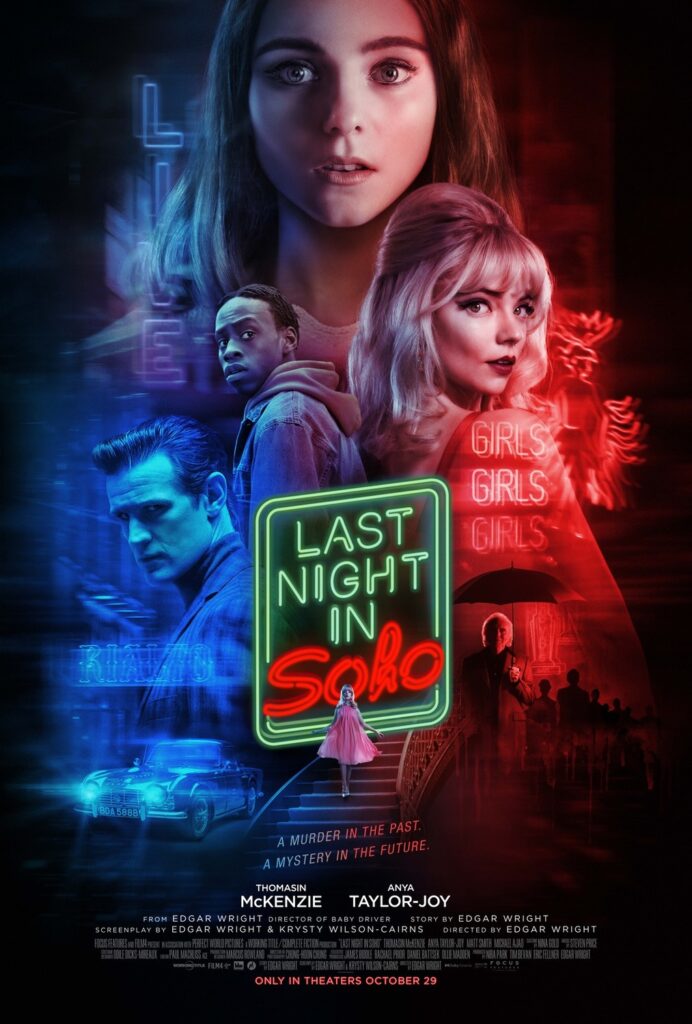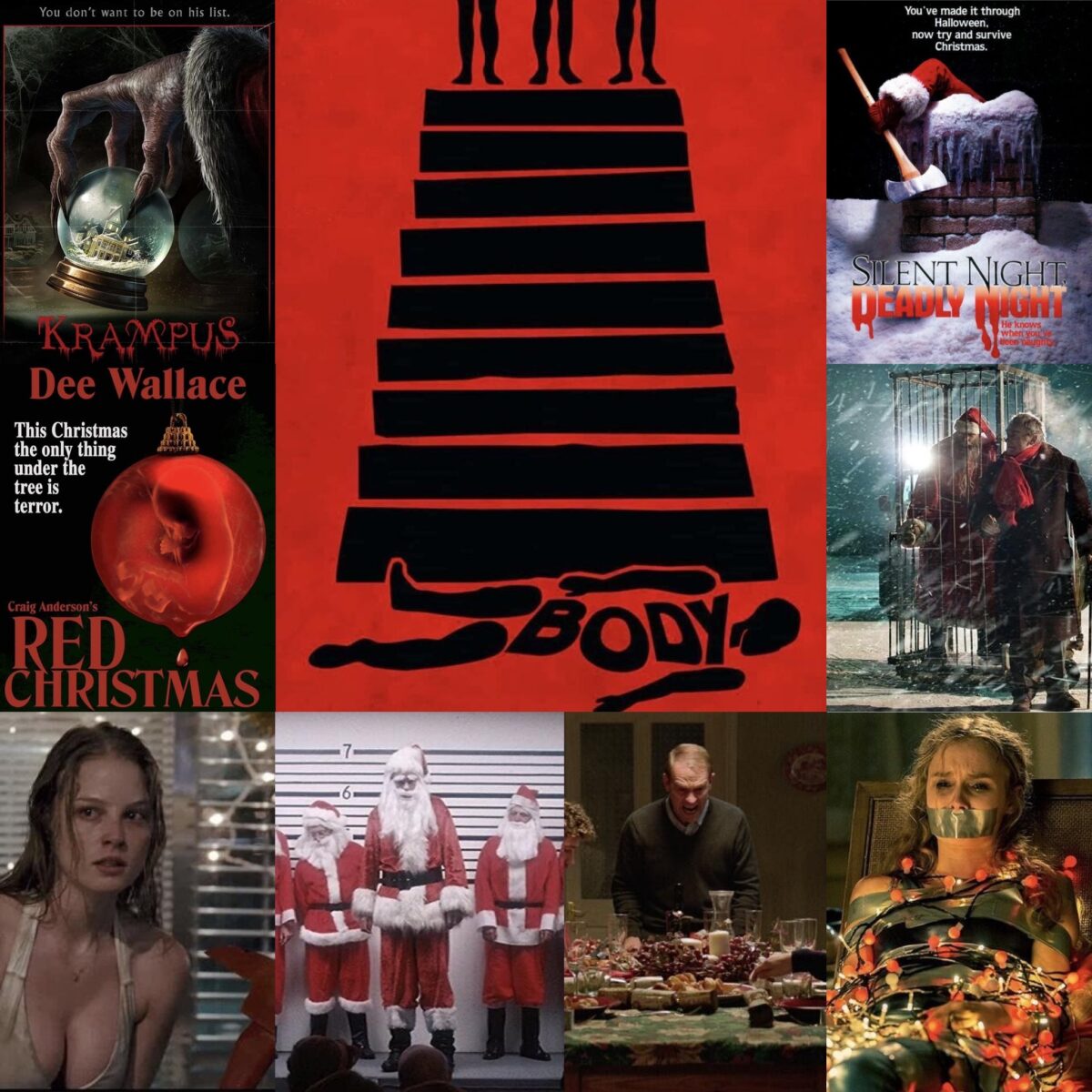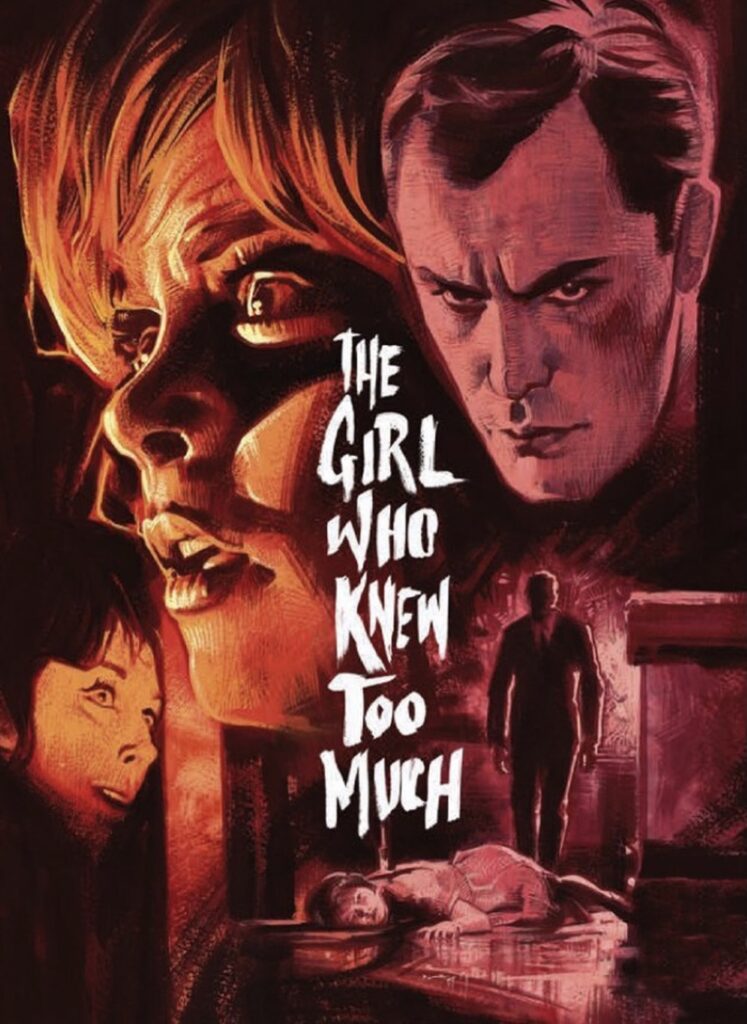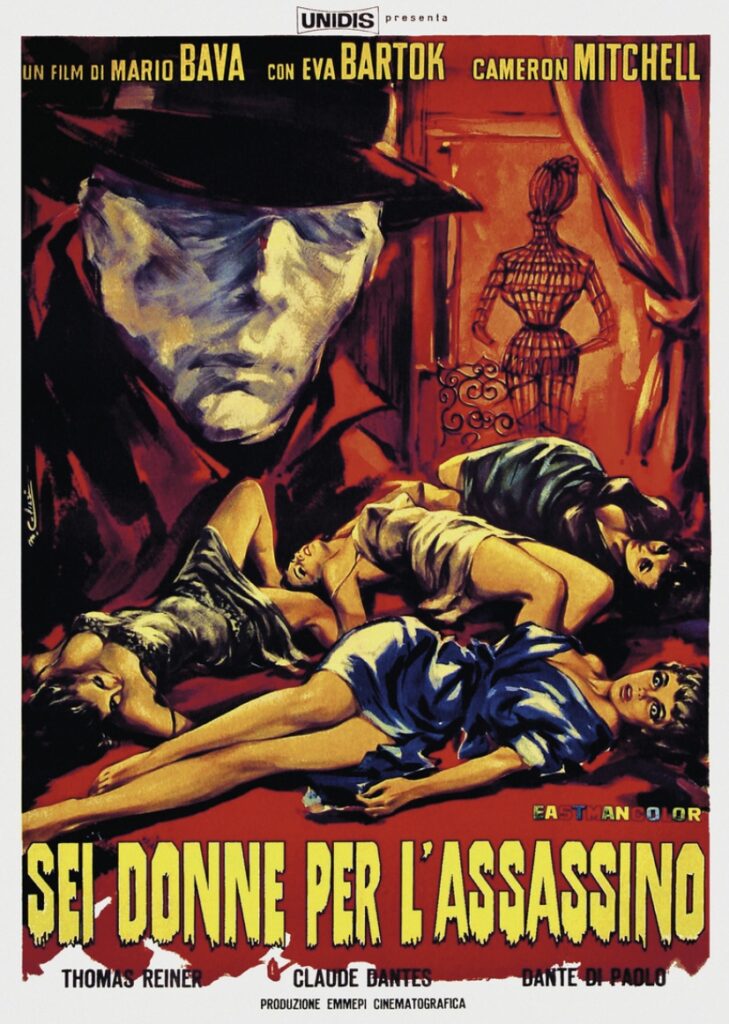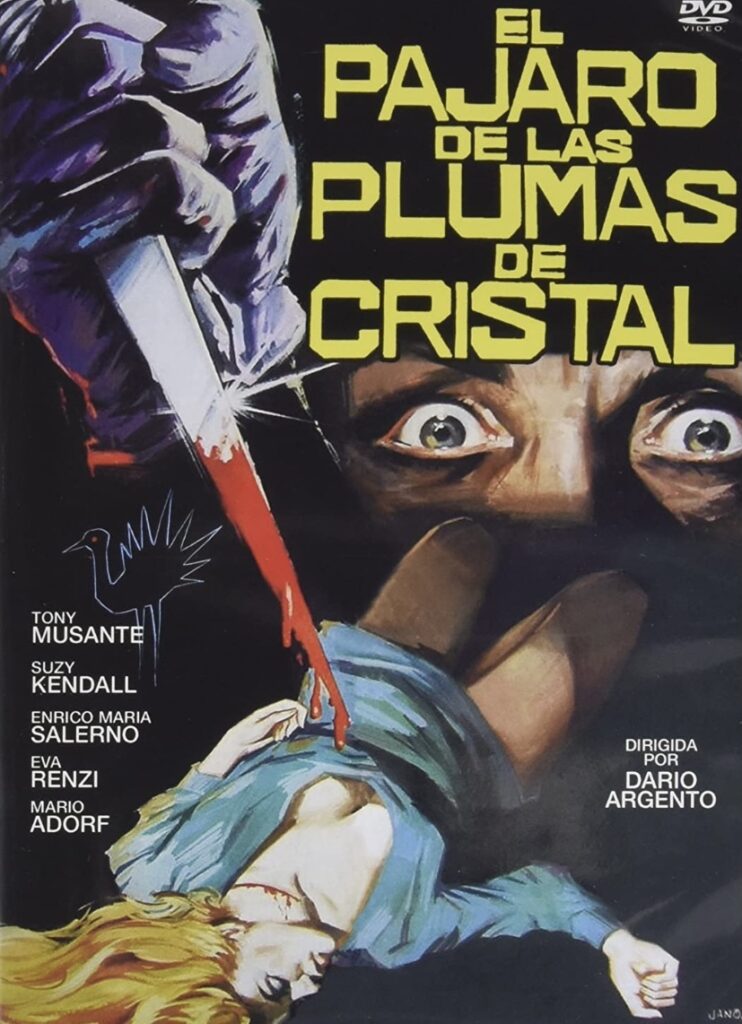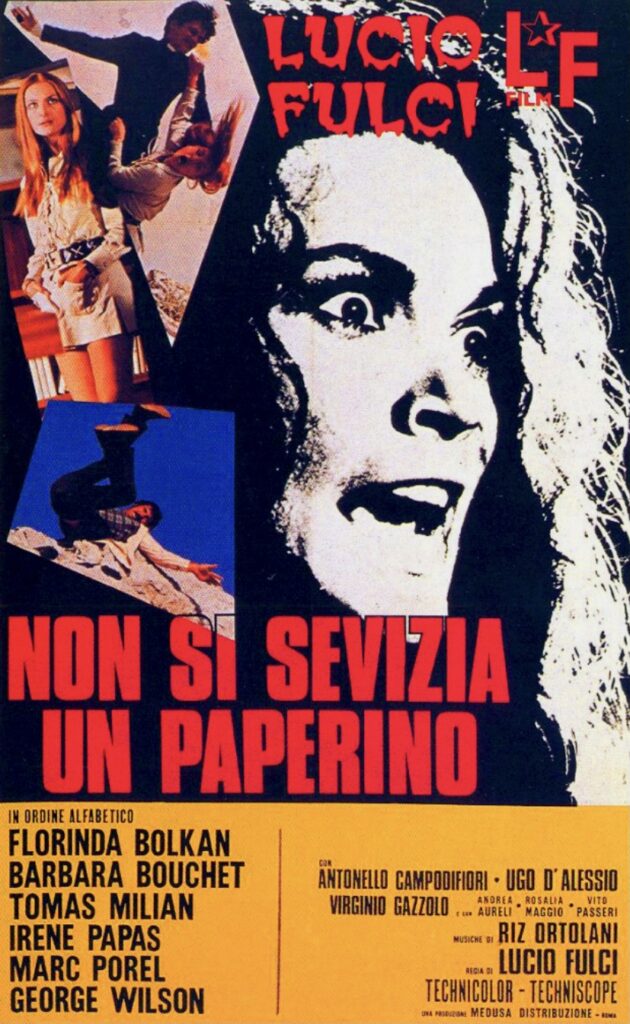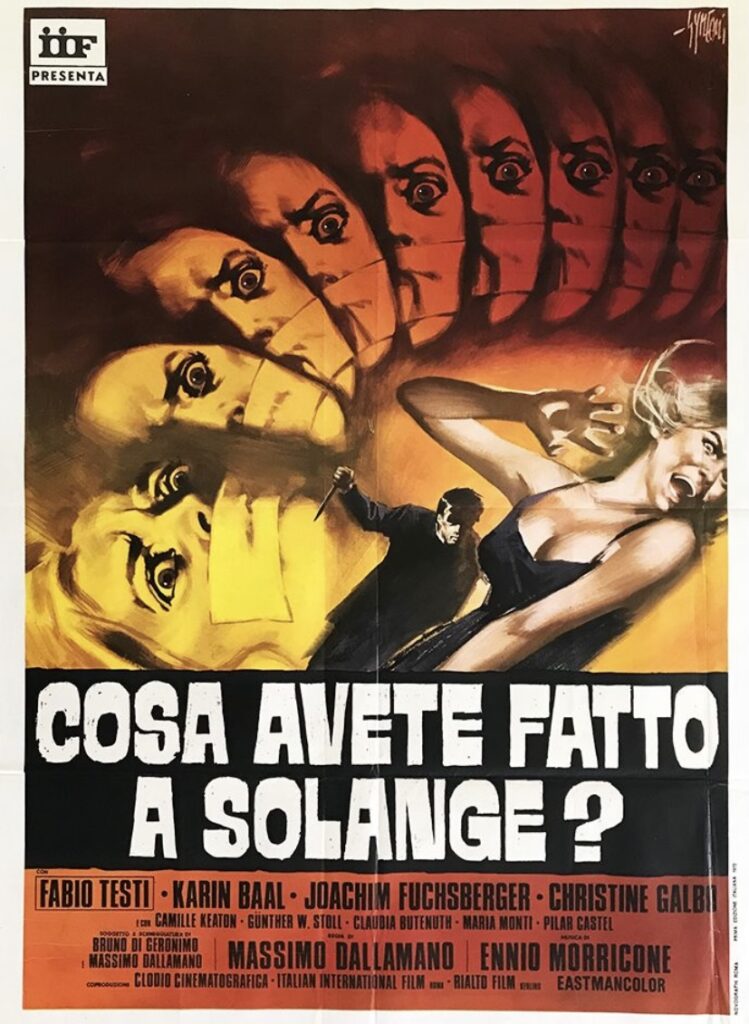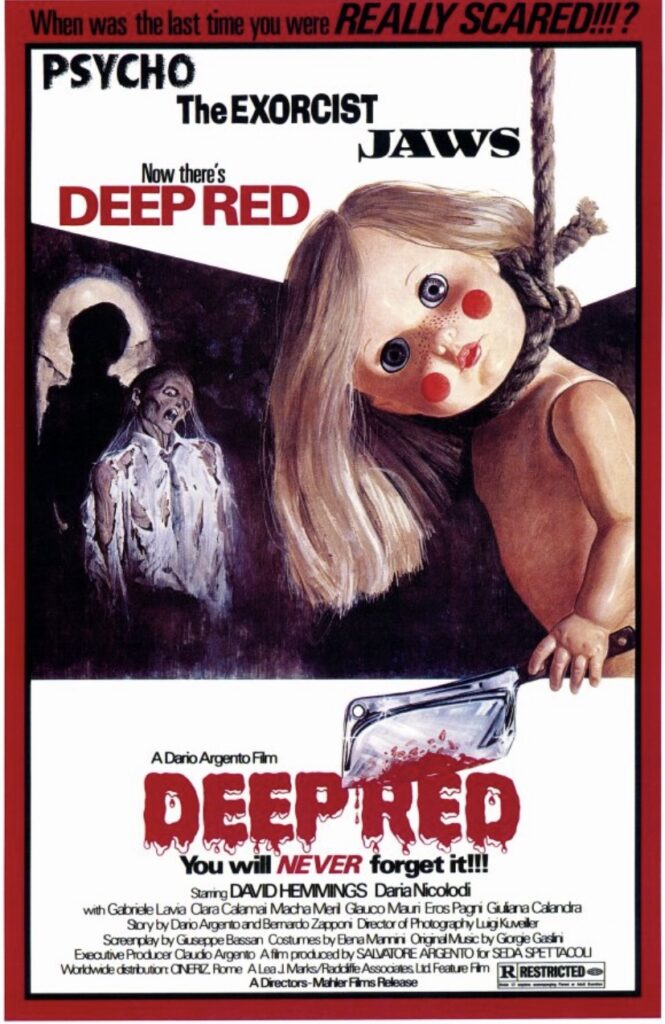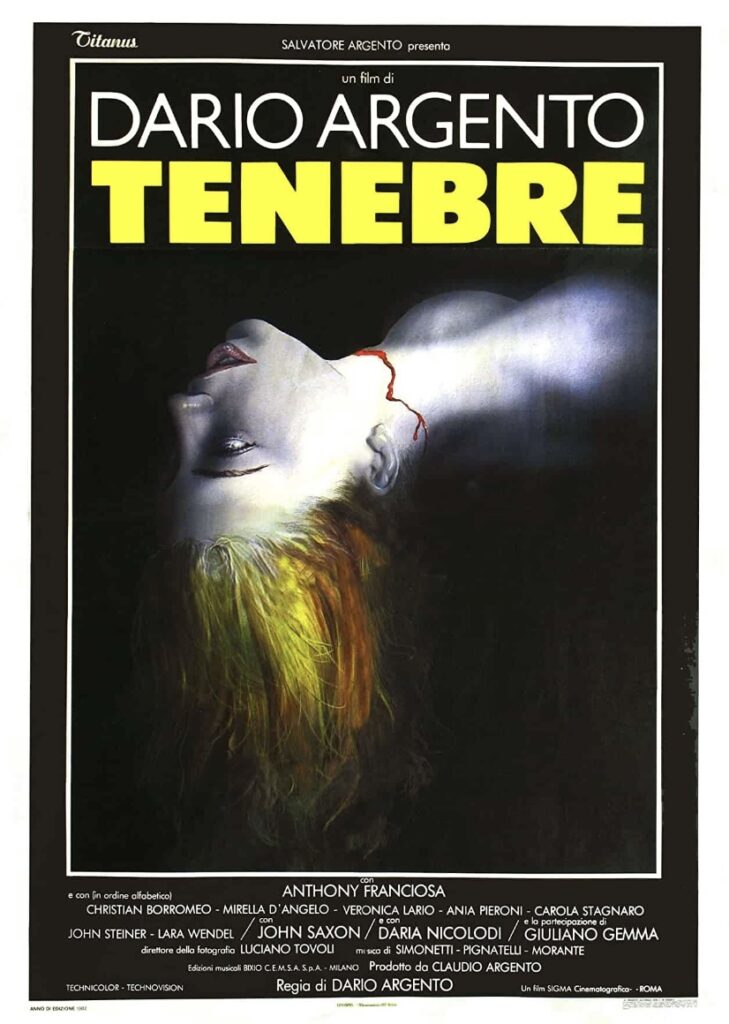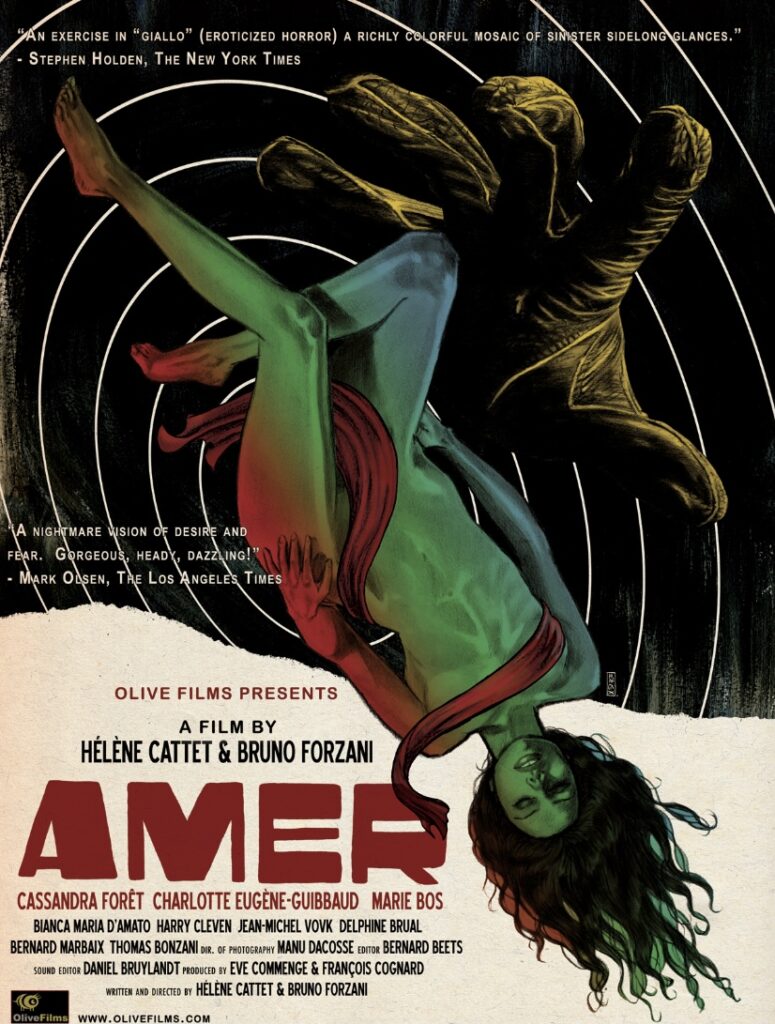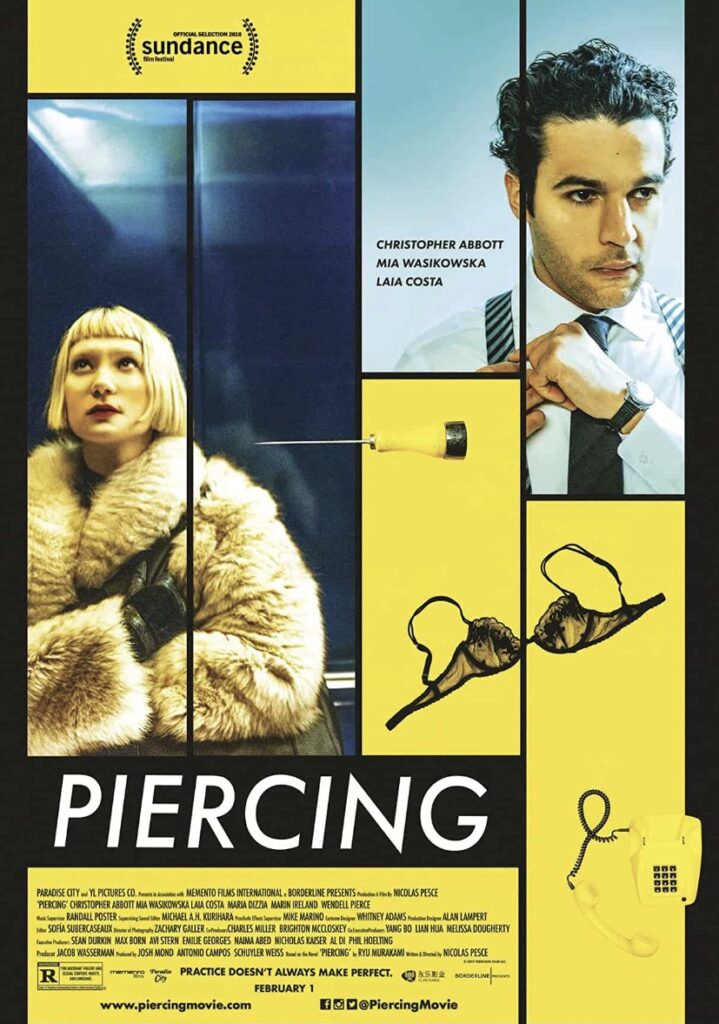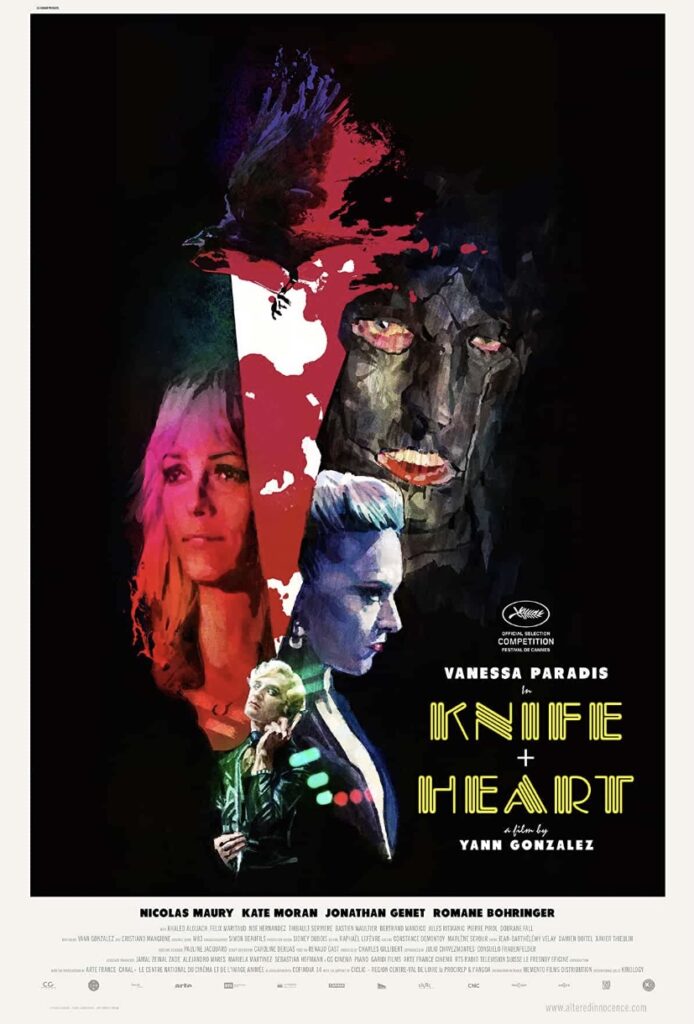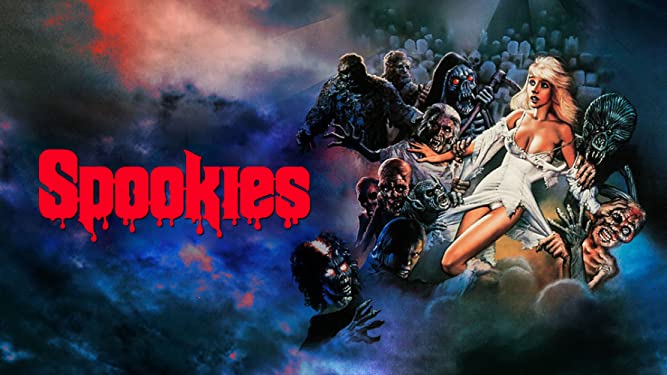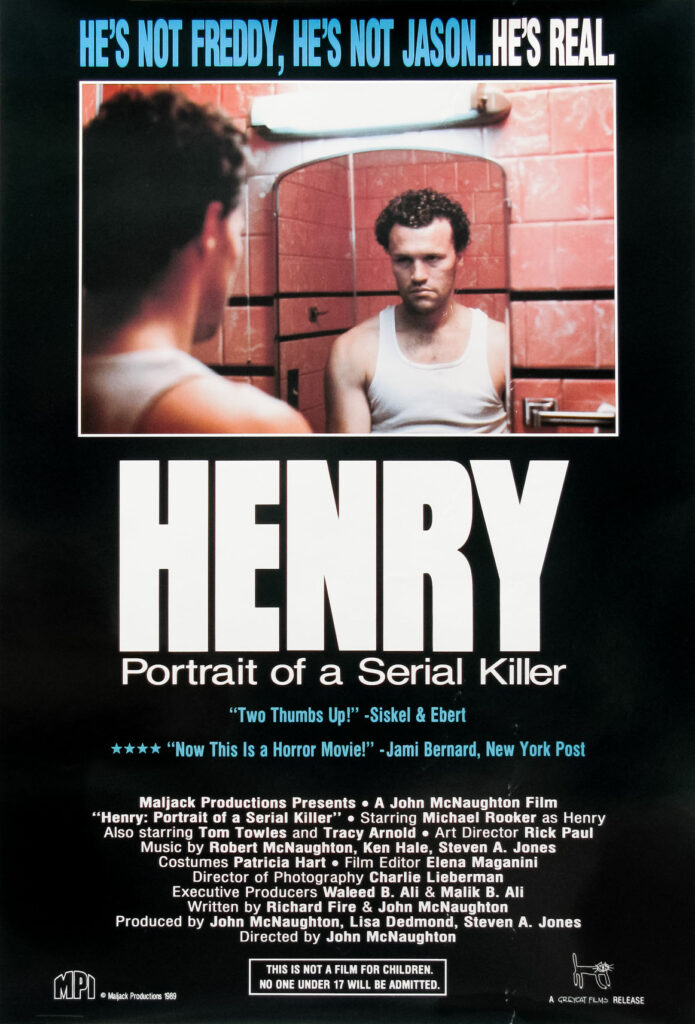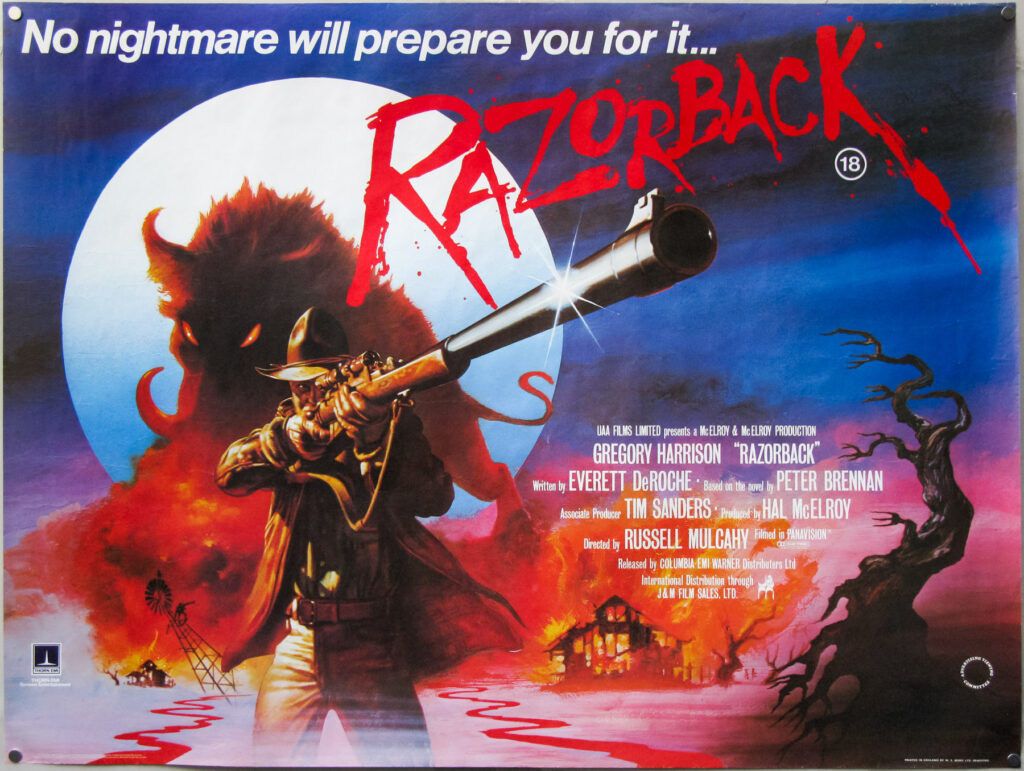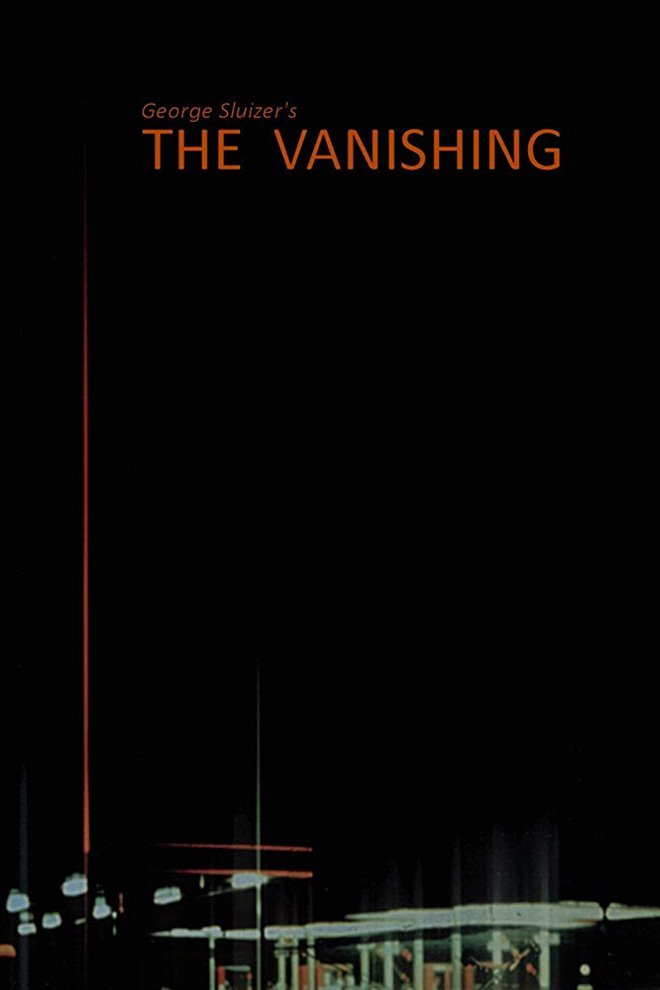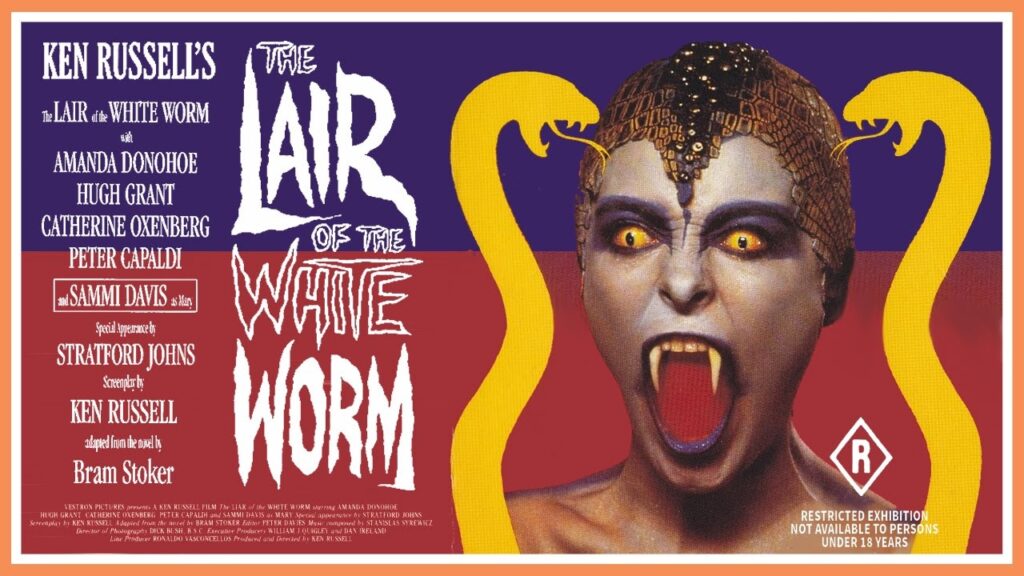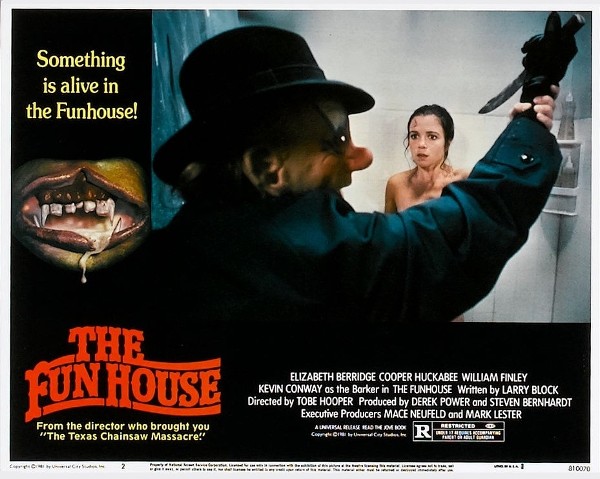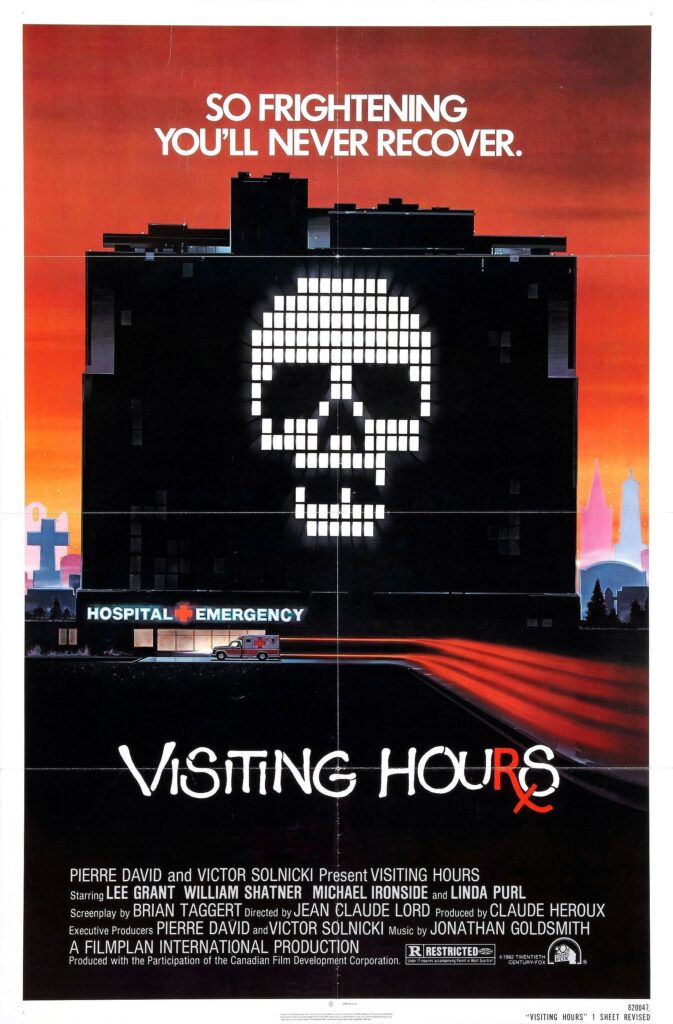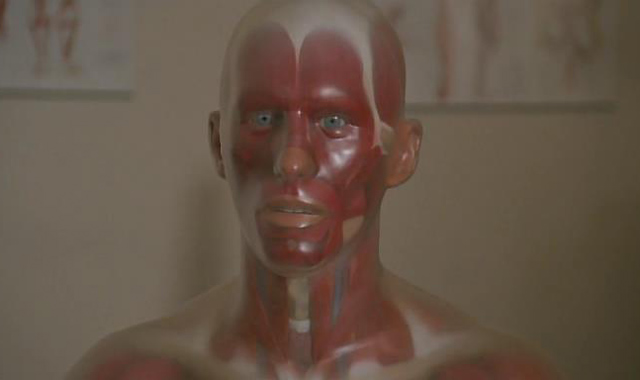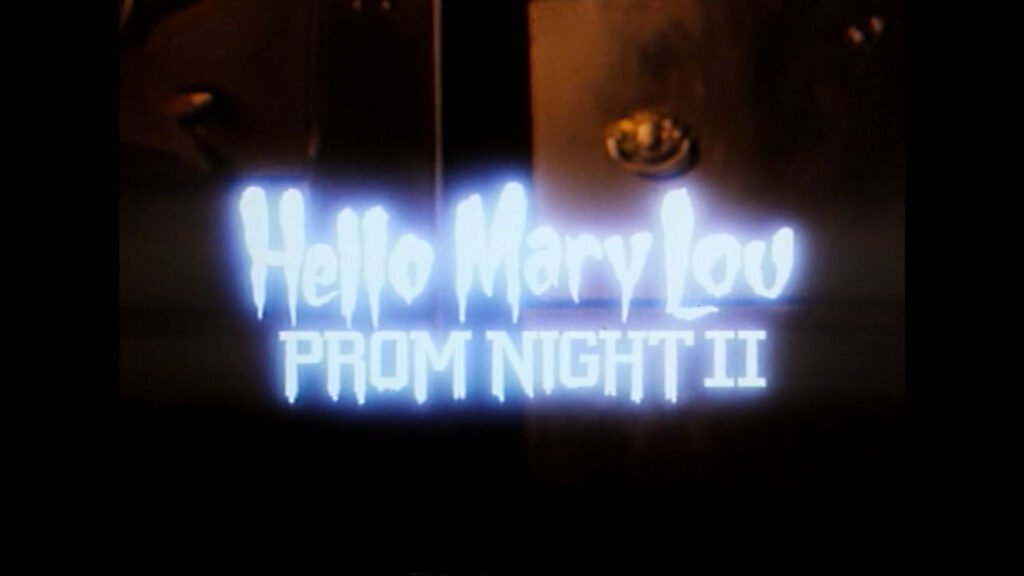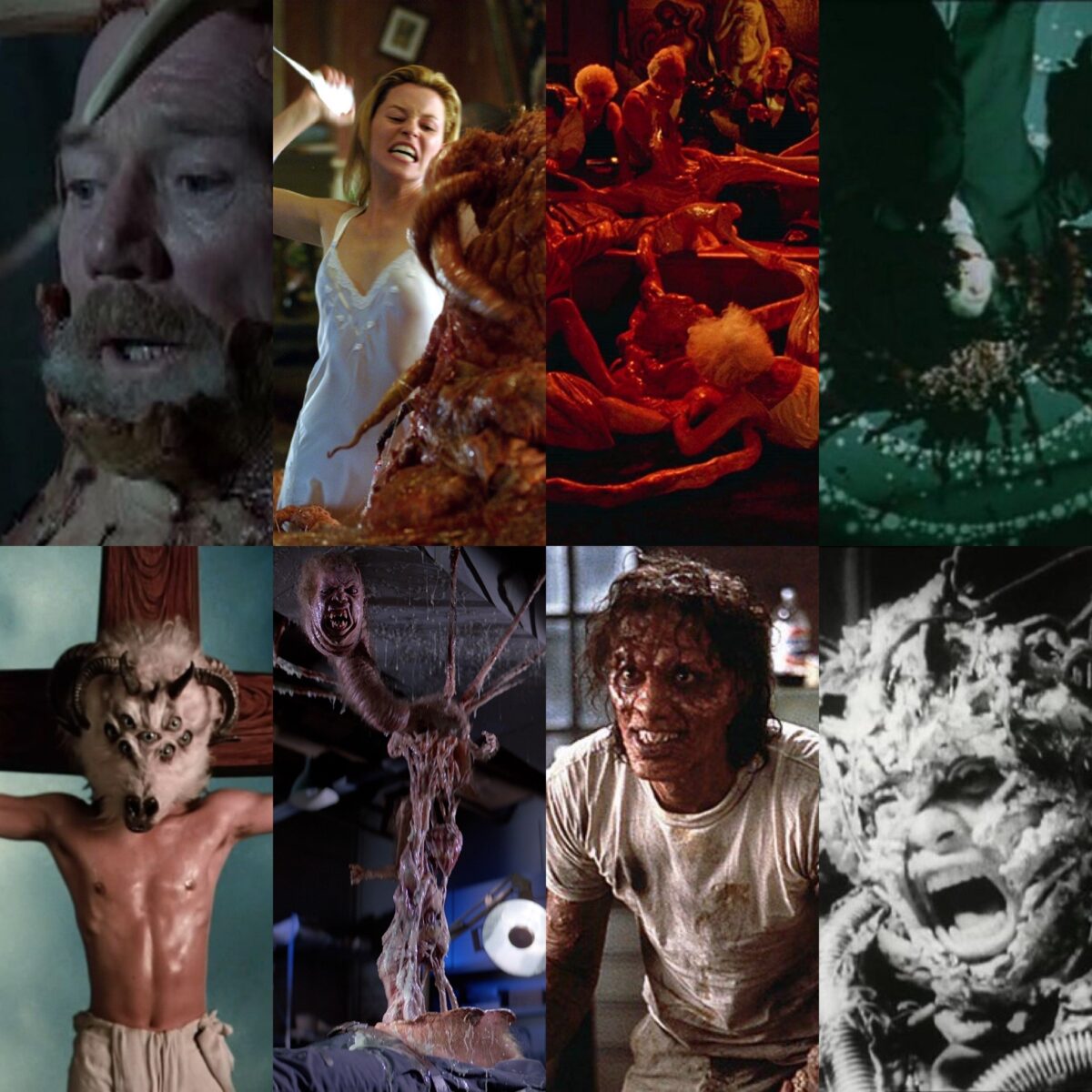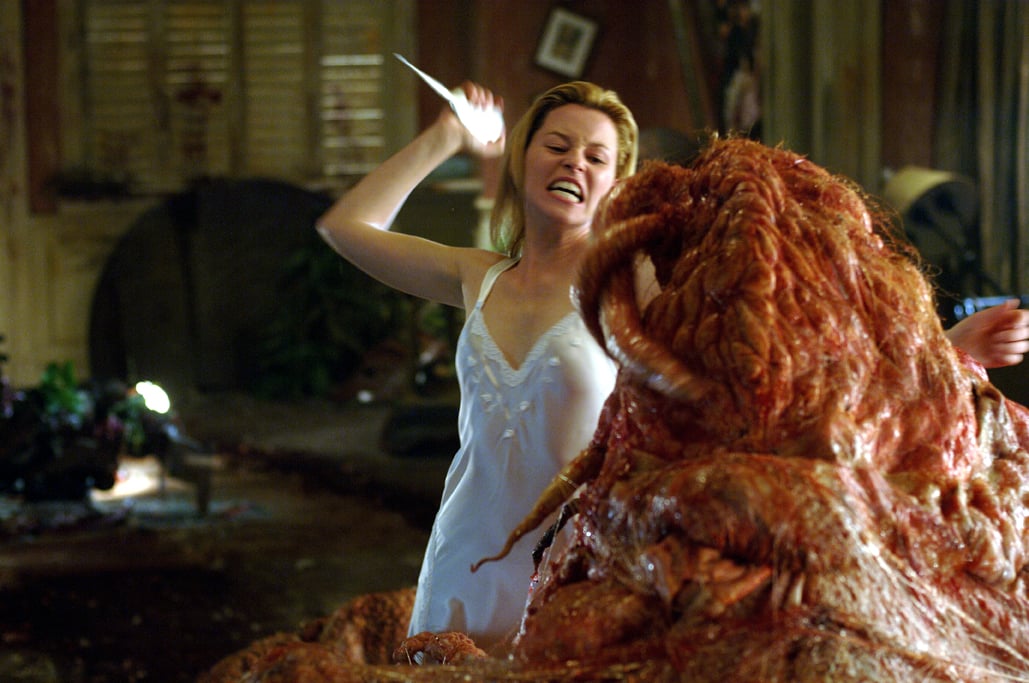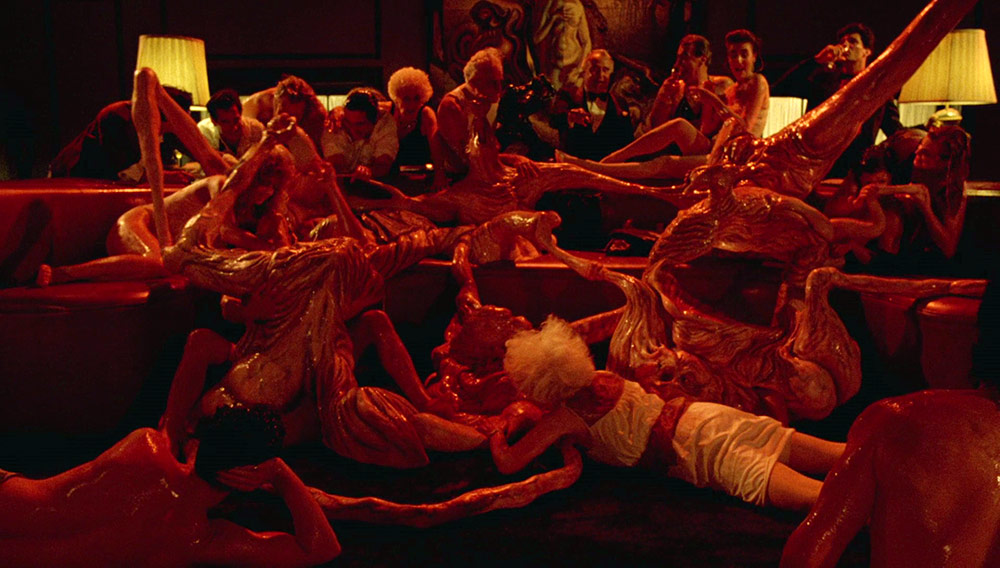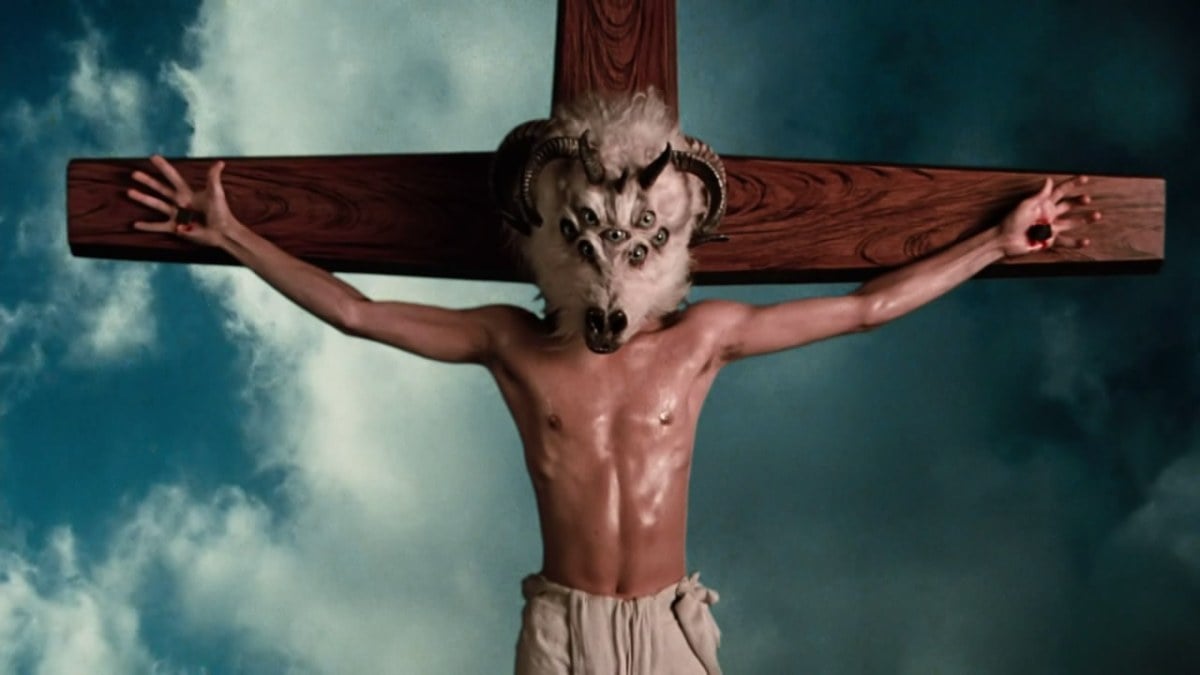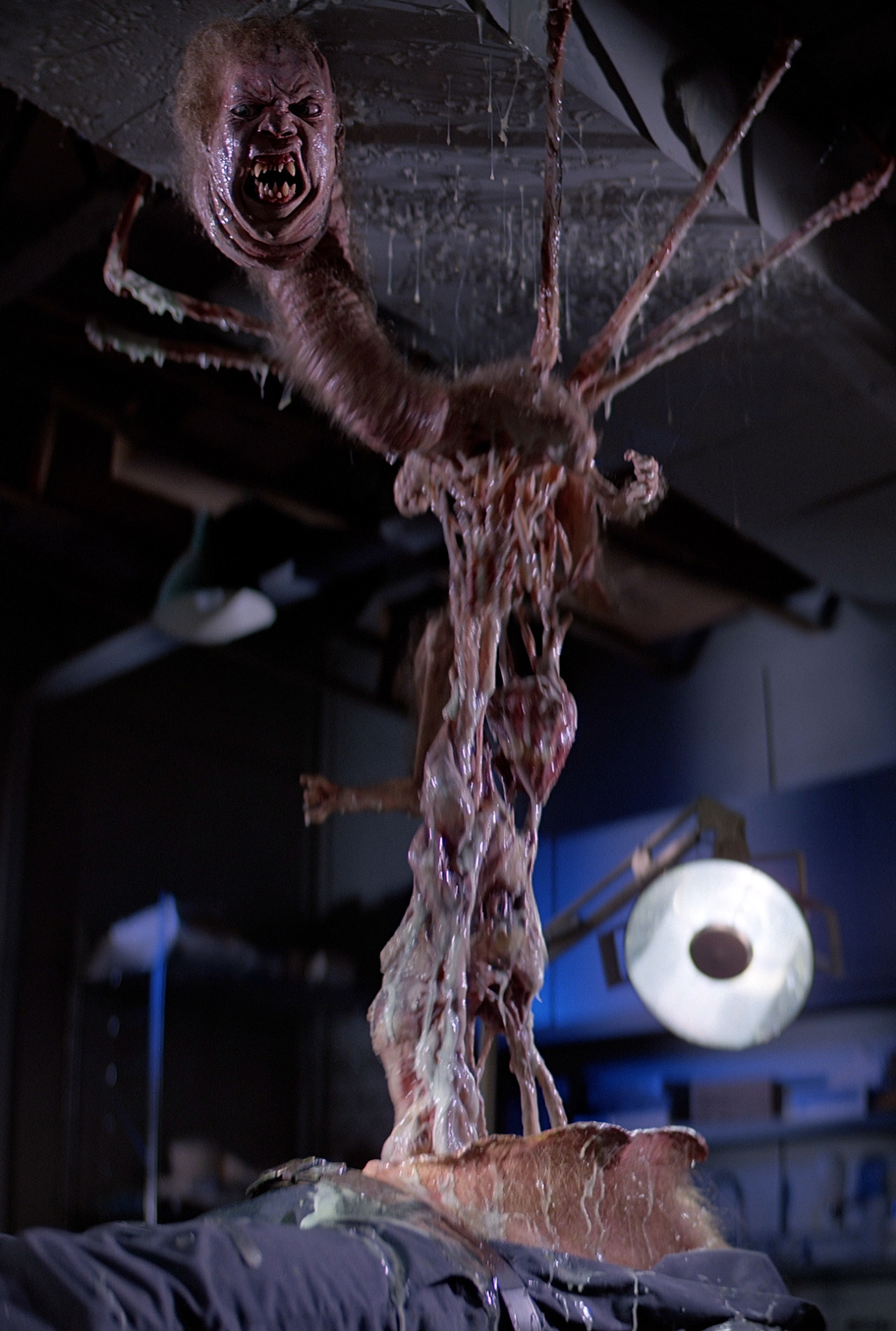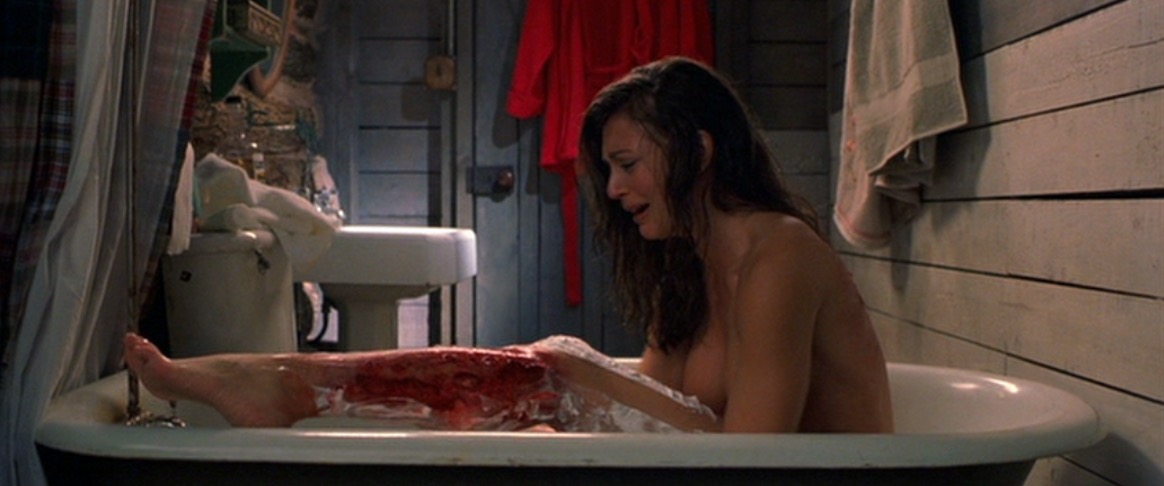Review- Texas Chainsaw Massacre (2022)

Fede Álvarez and Rodo Sayagues are the talented squad behind the triumphant Evil Dead (2013) and Don’t Breathe (2016), thus when the news broke that they would be writing the latest installment in the labyrinth that is The Texas Chainsaw Massacre franchise movie-goers were buzzed for this upcoming bloodbath. The director, David Blue Garcia was the cinematographer in the innovative meta-horror Bloodfest (2018). The trio have proven themselves to be eminently superior in their spector, so why was Texas Chainsaw Massacre (2022) so anticlimactic?
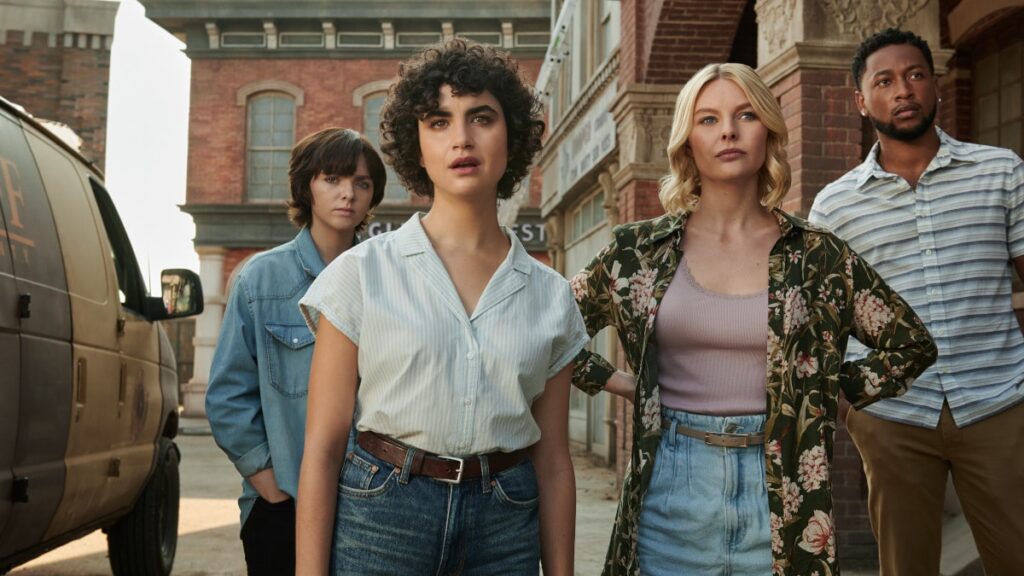
It has been nearly fifty years since Leatherface’s killing spree, and he is still nowhere to be found, leaving the area on edge. Entrepreneurs Melody (Sarah Yarkin) and Dante (Jacob Latimore) decide to travel to the Texas ghost town of Harlow to auction off the properties in hopes of modernising the old town. Joining them is Dante’s girlfriend Ruth (Nell Hudson), and Melody’s sister Lila (Elsie Fisher) who is reluctant to move after a traumatic incident occurred in her past. Everything is going to plan, until they find an old woman, Mrs. Mc (Alice Krige) who claims to still own one of the properties. An argument ensues and Mrs. Mc has a heart attack. Little do the group know that her now grief-stricken son is Leatherface (Mark Burnham) who vows to get revenge.
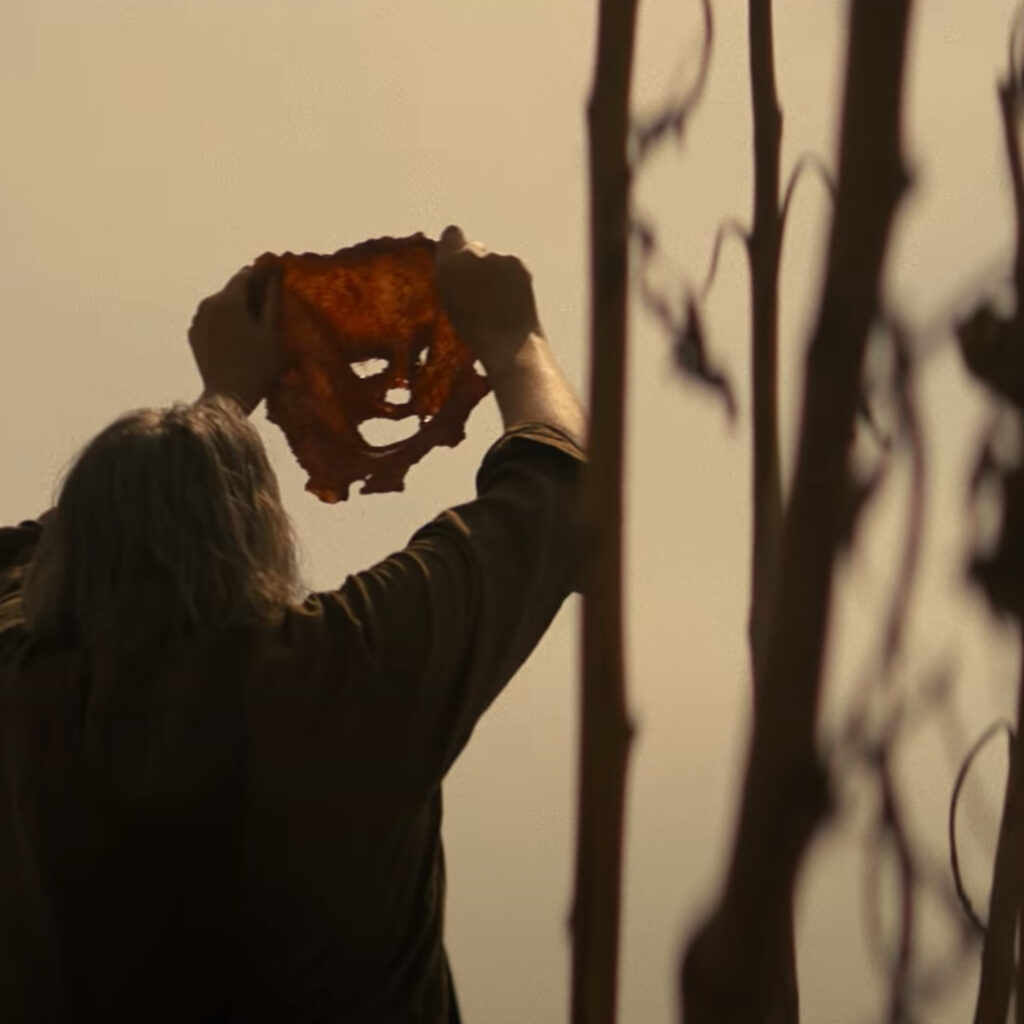
First things first, fortunately the film is only 81 minutes long, any longer would be treacherous. Within this short frame of time, every opportunity to thrust the film into a noble territory is brushed under the carpet in favour of attempting to mold Leatherface as an anguished villain. He is shown more than once idling over his loss, longing for that sense of ‘home’ to come back. Through a melodic tone, contrasting his hideous demeanour against lamenting tones of heartache could be a harrowing analogy for how the monstrous harbours delicate emotions underneath, but no, instead they’ve opted for lazy filmmaking that genuinely had me audibly laughing out loud at any scene that aimed to be touching.
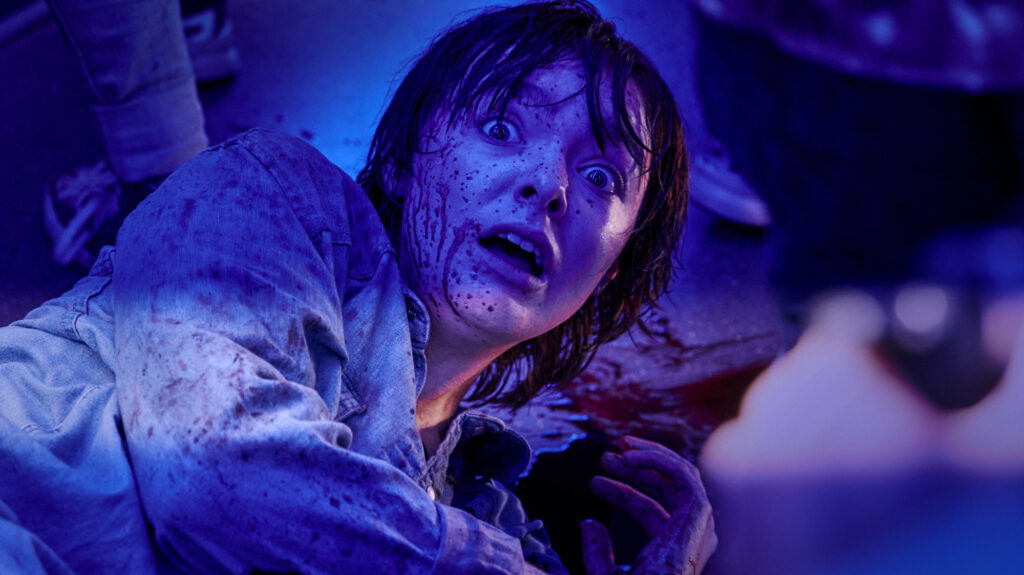
Speaking of ruining potentials, the biggest gripe seen across the board for this film is the exploitative commentary-or lack thereof-regarding very real, and very serious subjects. We have essences of racism, school shootings, gentrification, and survivor’s guilt all being chucked in your faces within the first twenty minutes. Lila is seen with a gunshot scar in her chest and is scrolling through anti-gun posts on social media, clearly indicating a previous trauma, and even a flashback of her lying amongst her dead fellow students in the school is shown. Considering the current climate, this sort of topic shouldn’t be used as a quick quip at ‘realism’, in fact, it’s ignorant in how Lila’s rickety manner towards weapons is shaken off as soon as Leatherface appears. The time wasted on her arc could have been used a lot wiser, possibly the minutes could have been spent on making the return of the iconic Sally Hardesty (Olwen Fouéré) less negligible. Accompanying the film’s main events is the subplot surrounding Sally’s reign as the local Leatherface survivor and how she’s been searching for him ever since, waiting to put an end to the evil.
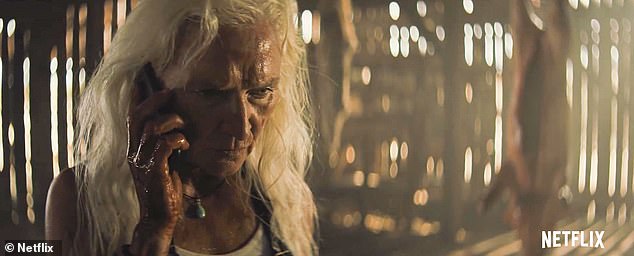
Halloween (2018) brought back Laurie Strode (Jamie Lee Curtis) in style to tackle The Boogeyman. After all those decades spent planning she brought her A-game and delivered one hell of a whooping. I don’t blame the producers for wanting to recreate what Halloween did, the film was a roaring success at the end of the day. It was a dream to see Strode back at it, whereas Sally Hardesty’s return is a shambles. When we first see her she’s in a disused shack gutting a pig, looking badass, let’s just say that I was thankful to see some action finally happen. However, her arrival to Harlow is so brief and lackluster that her presence within this film was not necessary at all. Sally’s inclusion was pointless, which means that surely the focus would be on the rest of the new gang, nevertheless, they weren’t important either.
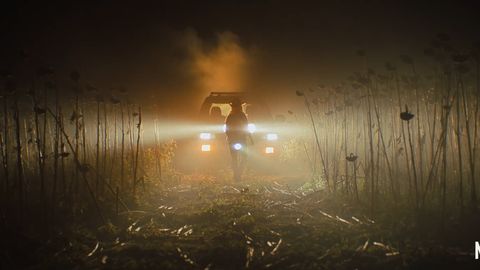
Horror films tend to write the characters just for the sake of disposing of them soon after meeting. When we go to watch a film we know that three-quarters (if not all) of the characters will eventually meet their demise. In the case of Texas Chainsaw Massacre, I wasn’t rooting for anyone to survive, clinging onto the edge of my seat in case the lead died, instead I couldn’t wait for them to pass on. They were unlikeable and the performances were shallow, not necessarily due to the actor’s abilities, but because of how cringy the dialogue was and how many brainless choices were made.
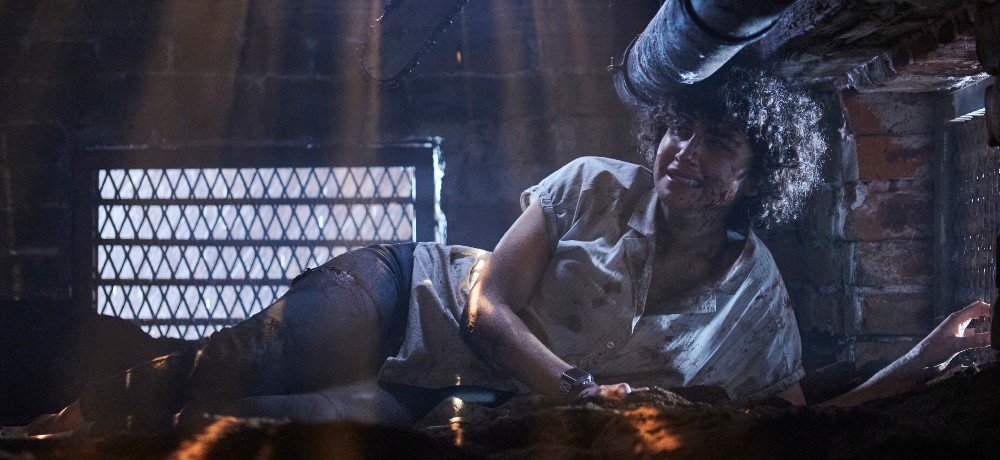
Everyone believes that they’d be the Lara Croft of horror, but in reality, death is more likely than survival for all of us, especially those who believe they’d stand a chance. In this film’s case, I could not fathom some of the fatal decisions made. The mistakes truly floored me!
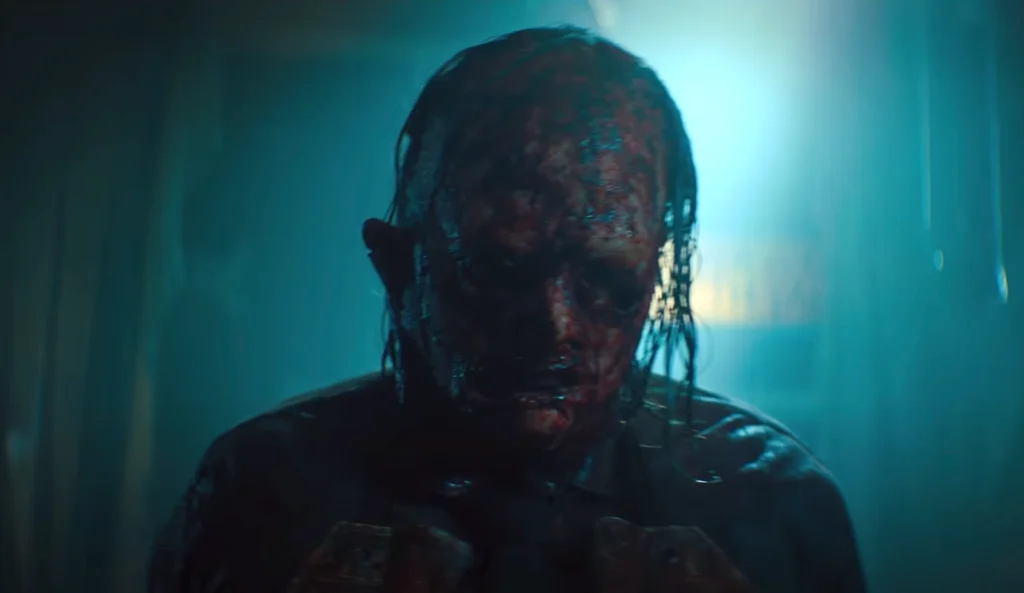
Despite all the hurrah over the negatives, there are glimmers of hope throughout. One of the most commendable factors is the pacing. The action starts fairly quickly and lingers for long, the lack of lollygagging around ‘who’s who’ was a great decision. And thanks to the fast pace the violence has time to shine. Unlike Sally, Leatherface is back, hardcore style. Once he starts his bloody vengeance there’s no going back and the town of Harlow turns into complete hell. The anarchy really kicks up when Leatherface takes over a bus full of annoying gen-z’s, slicing and dicing his way through with his good ole’ chainsaw.
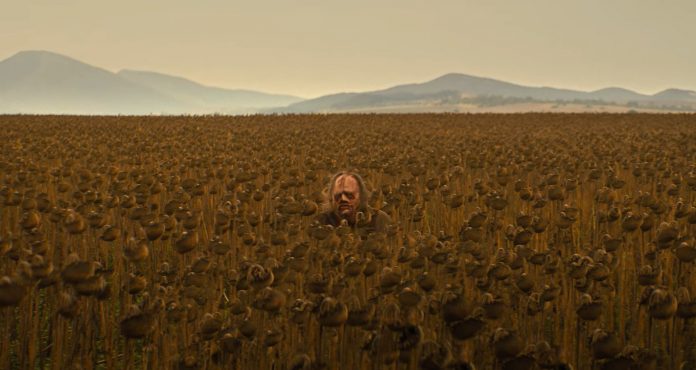
I’m aware of my remarks regarding the characters, but there was one redeemable persona- the chainsaw. The chainsaw was transformed from a weapon into a whole antagonist. Leatherface begins his rampage using his bare hands, before rushing to get the chainsaw, leading him to return to his metaphorical stomping grounds. Multiple shots hone in on the chainsaw with a bright light surrounding it, framing the weapon as a being rather than an object.

With Garcia having an extensive background as a cinematographer, the film was technically stunning. A plethora of visuals were captivating, allowing the film to have some beautiful moments of relief before the horror resumed. In essence, the visuals alone save the film from being dreadful, I’d even go as far to say that the aforementioned bus scene will go down in horror history for being bloody iconic.
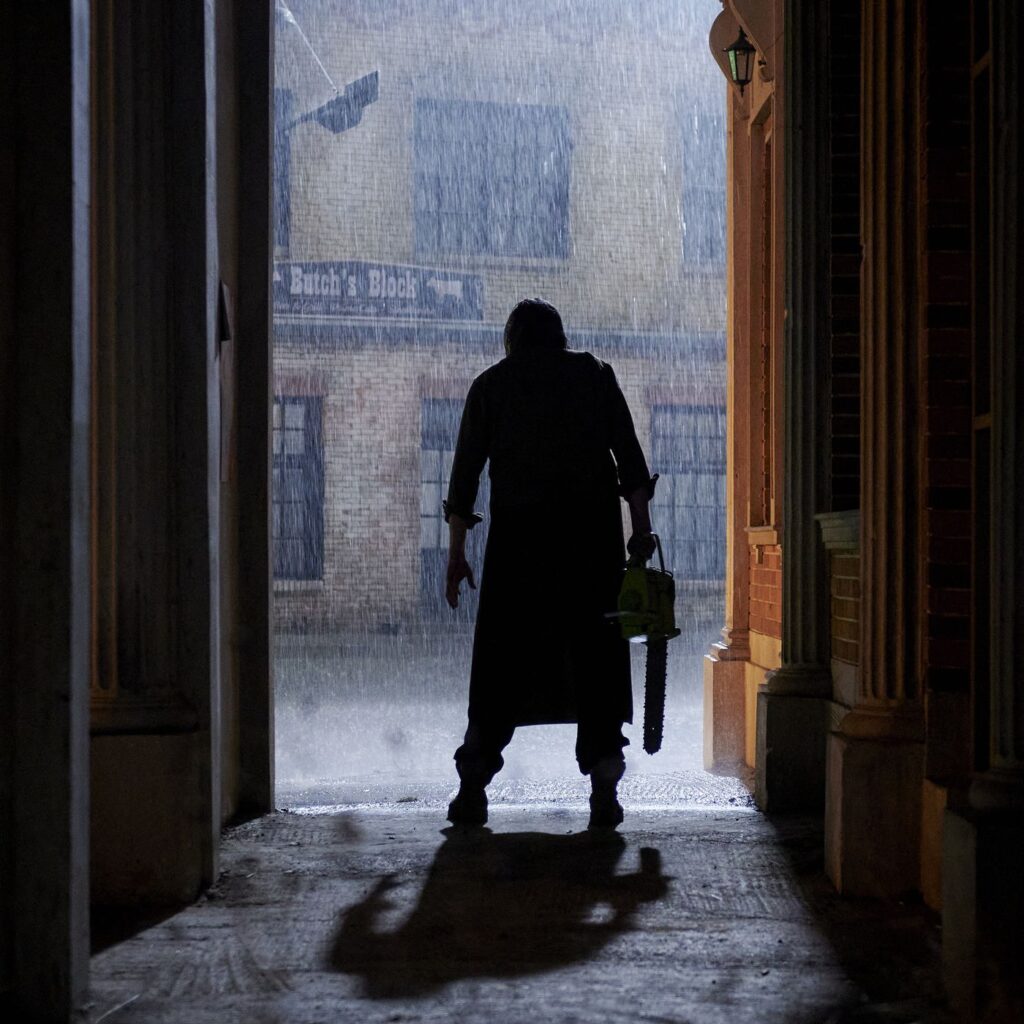
This film is a sequel, so I can’t compare it to the original. What made Hooper’s vision groundbreaking was the dirty, sweaty atmosphere that made the viewer uncomfortable and on edge, especially when you combine this aesthetic with the fleshed-out symbolism surrounding the seedy underbelly of America and the glorification of violence. Everything in Texas Chainsaw Massacre (2022) is glossy, even the dusty ghost town of Harlow seems like it came straight off of a Hollywood studio set. There was no grit or immersion, I just watched the events unfold.
The entire franchise can be messy and confusing, just like every horror franchise’s timeline, but they sincerely missed an opportunity to create something suspenseful that gets under your skin. Whilst a sense of doom and gloom surrounds my judgement over this film, I could see myself rewatching it for easy entertainment, similar to how Friday the 13th (2009) is a quick watch when you fancy a bit of slashy gore. And that’s all this film is.
Looking for more top horror lists and reviews? Check out our blog here..







